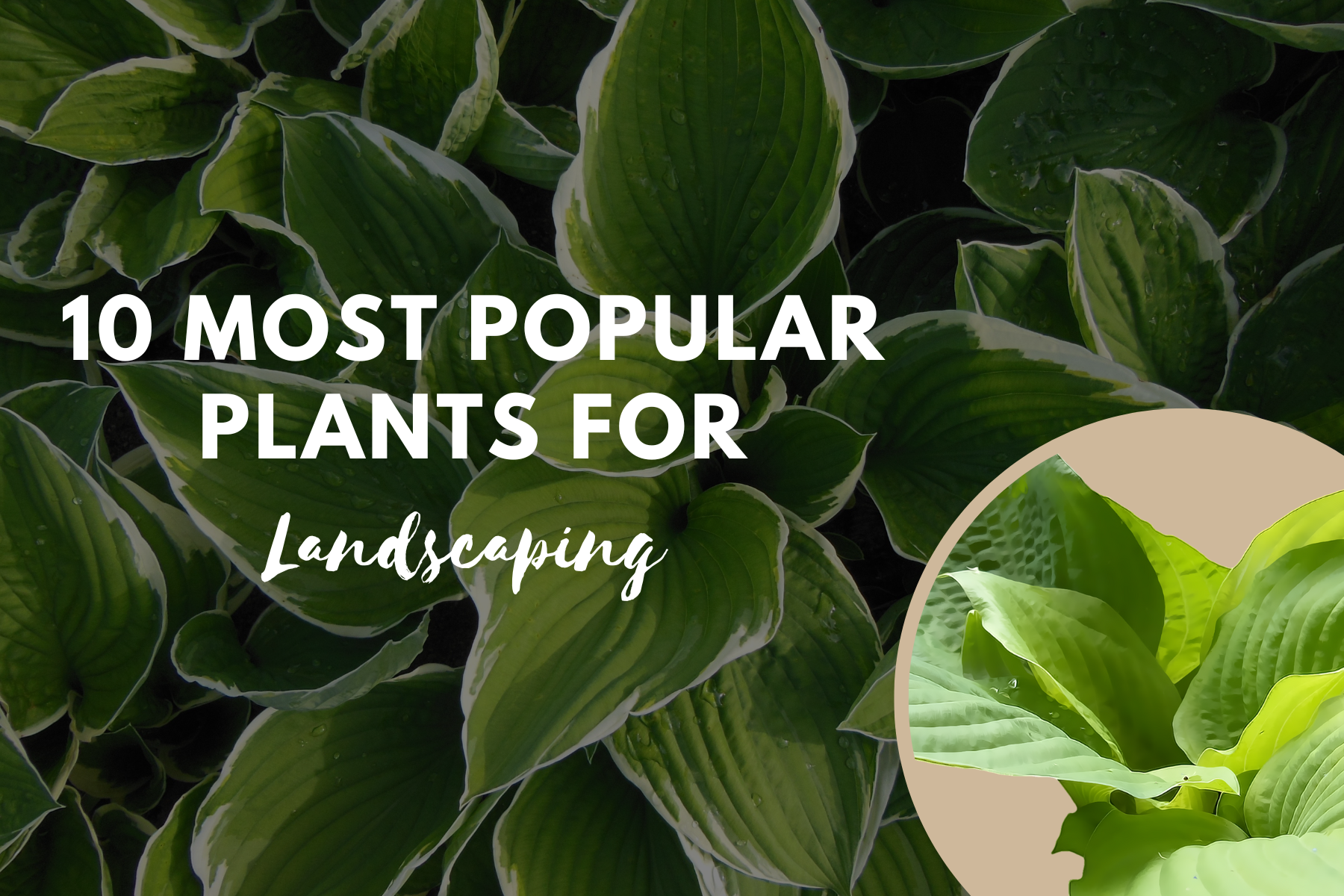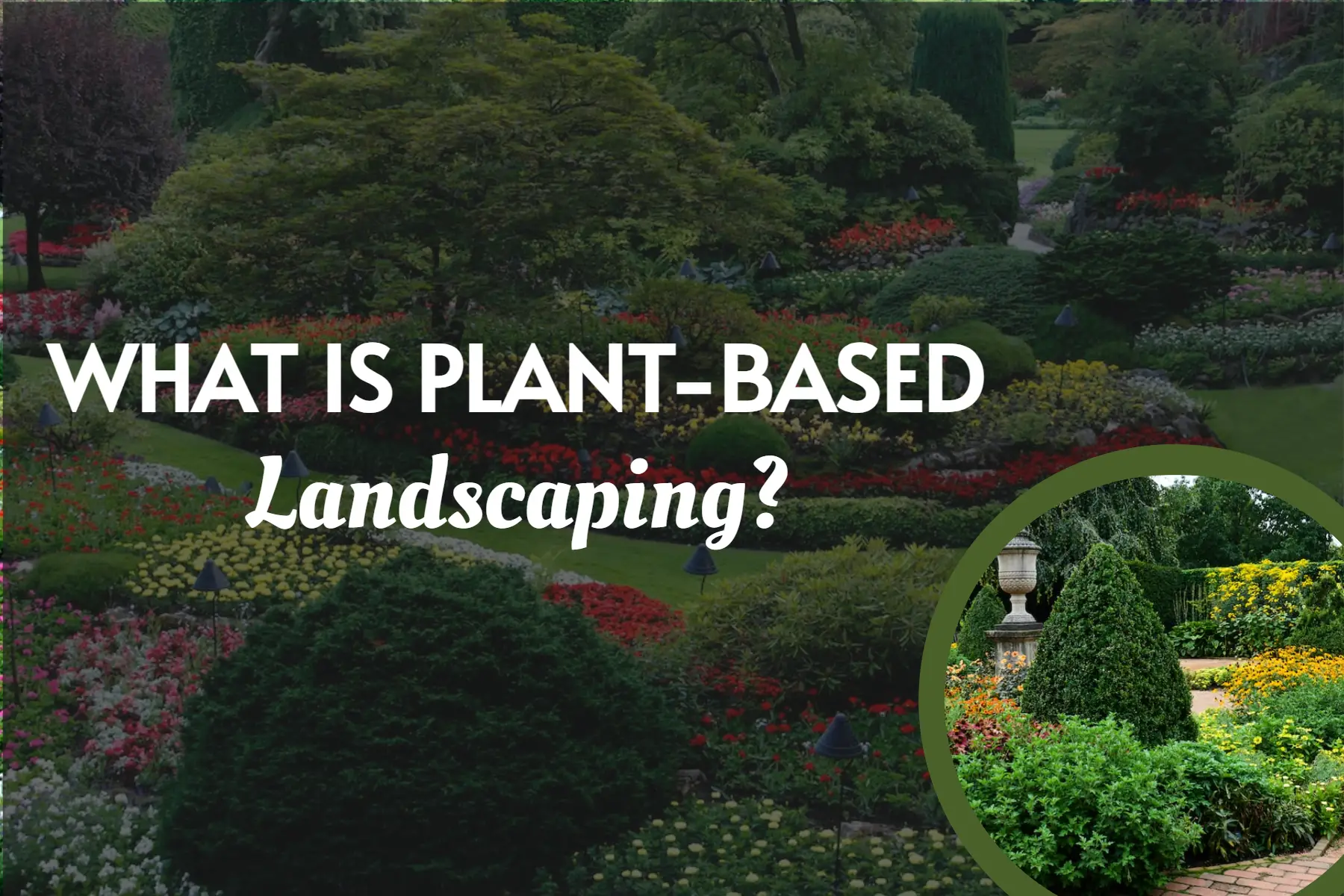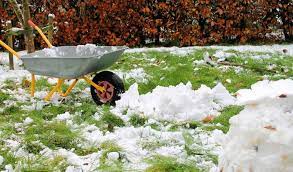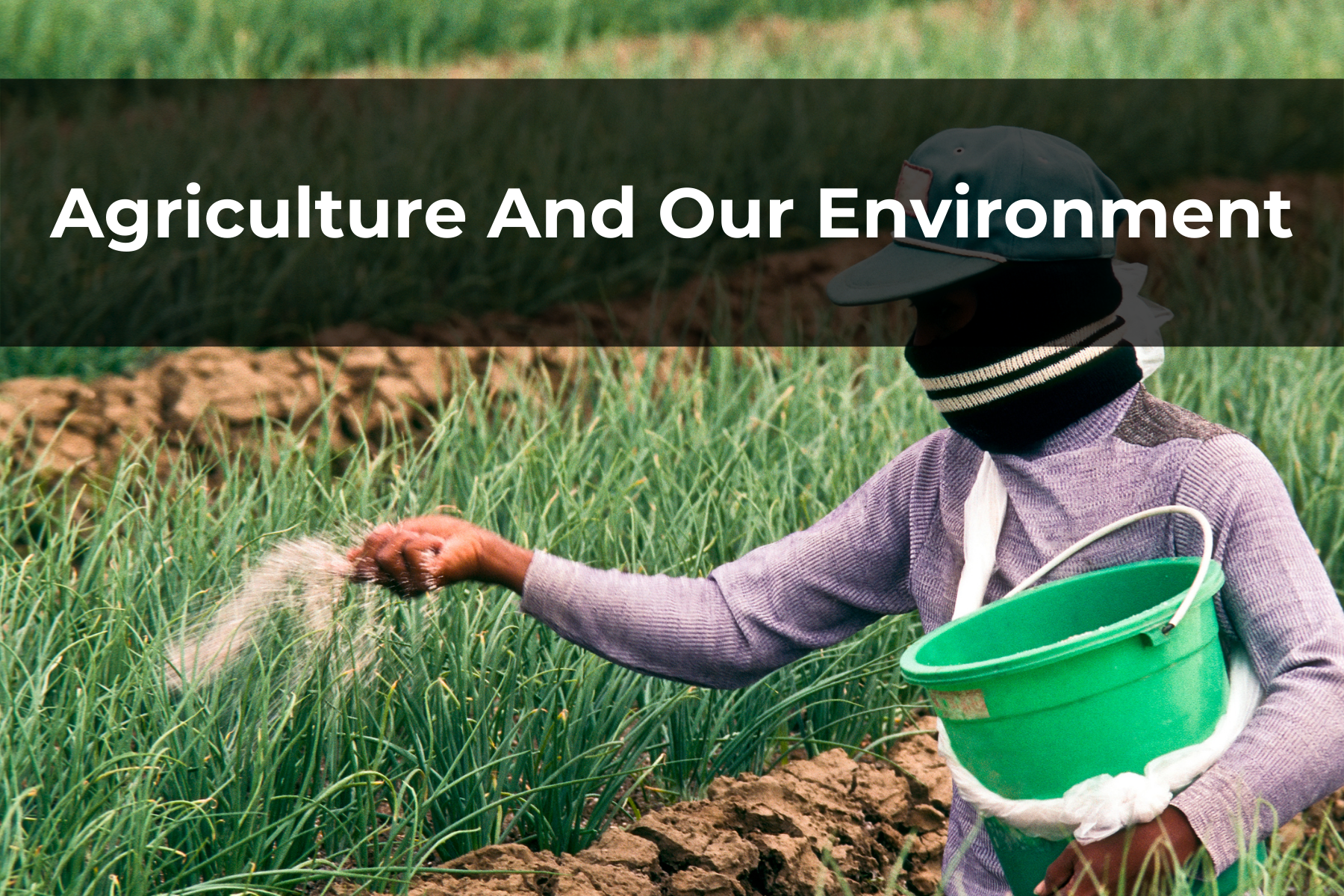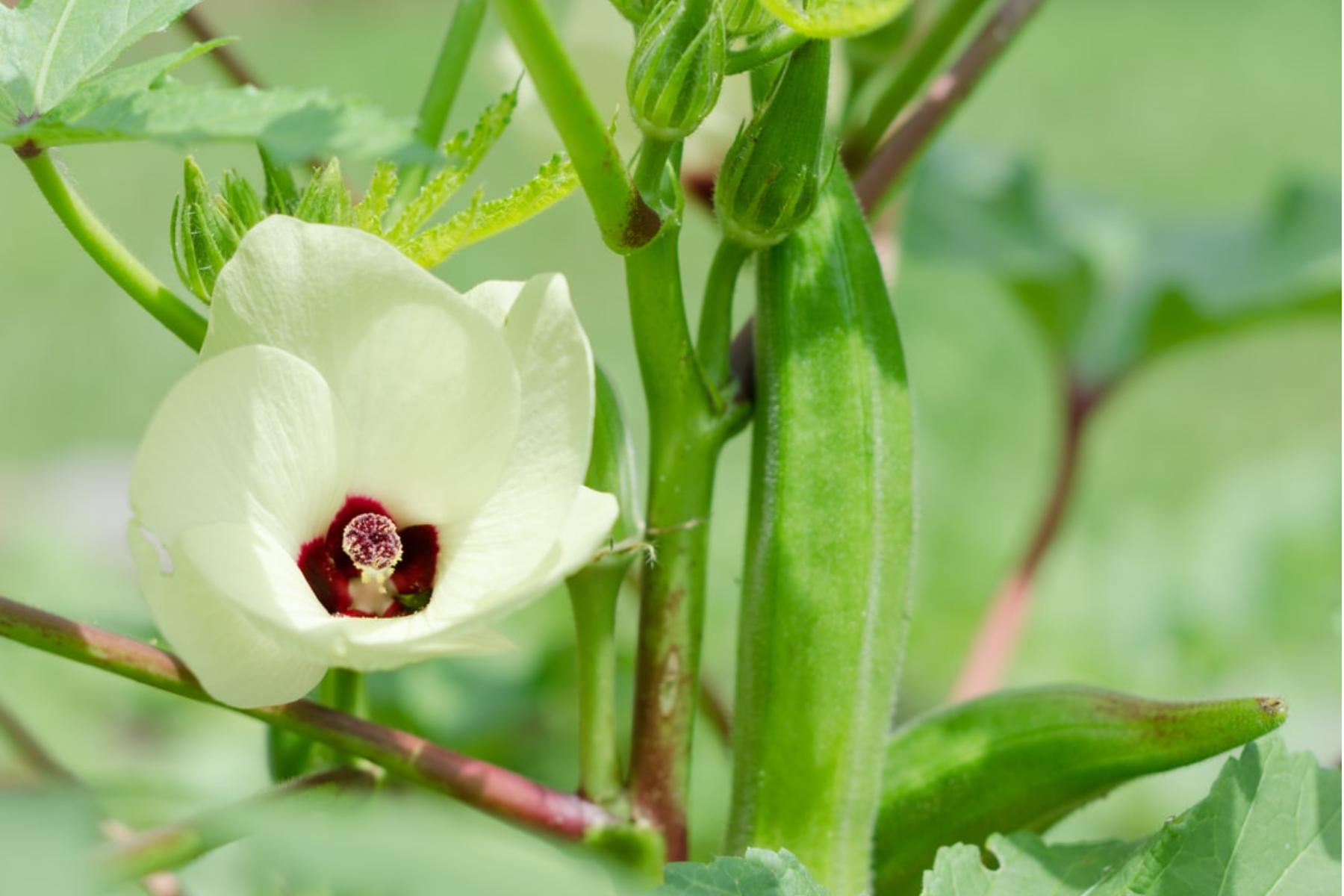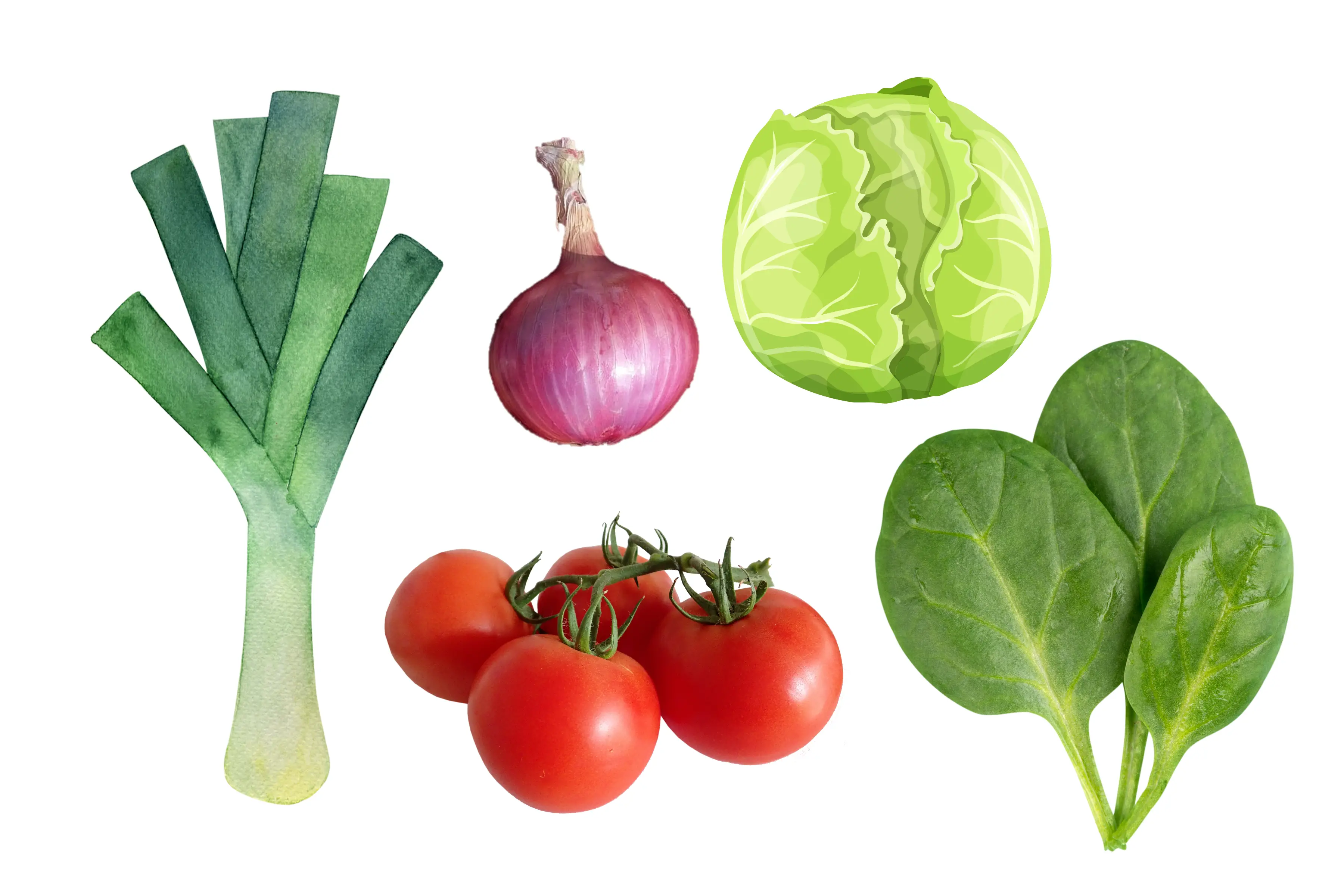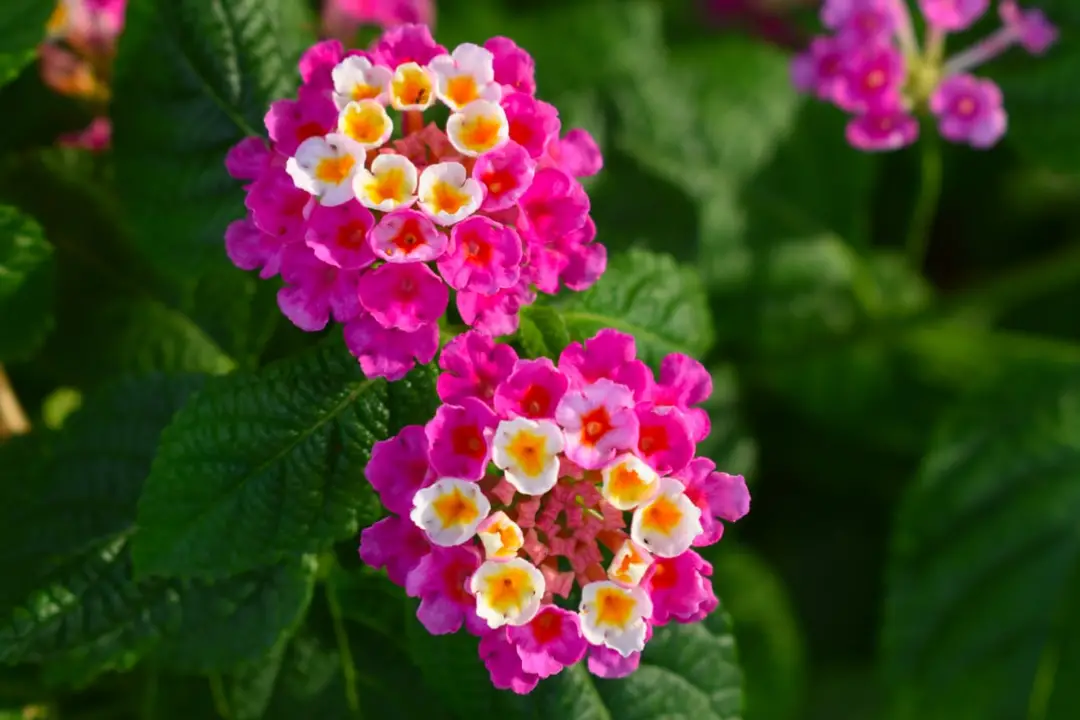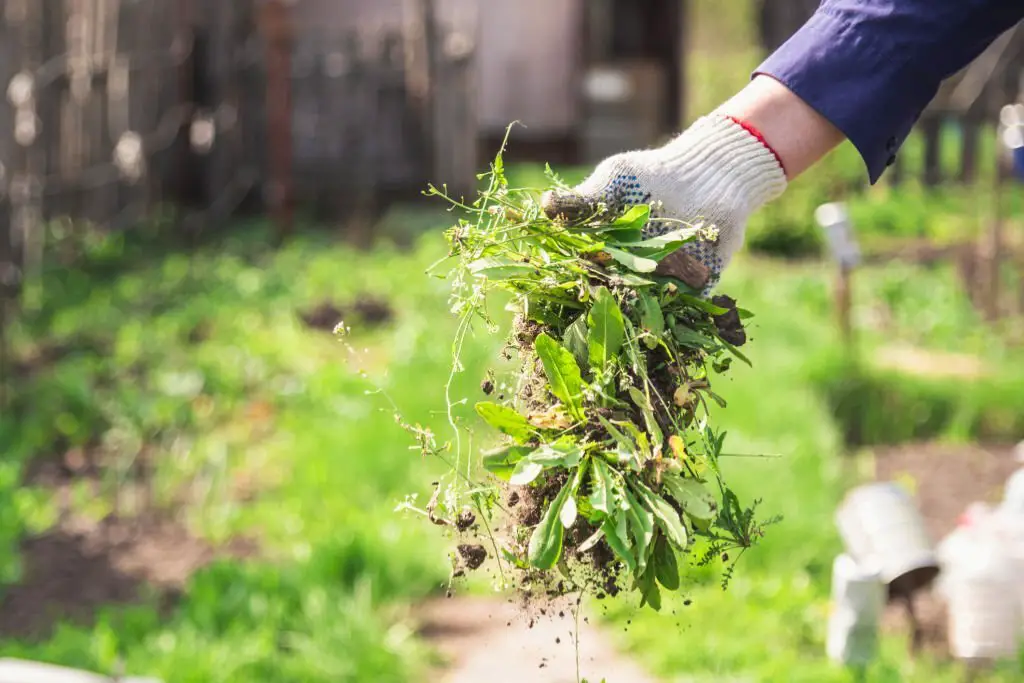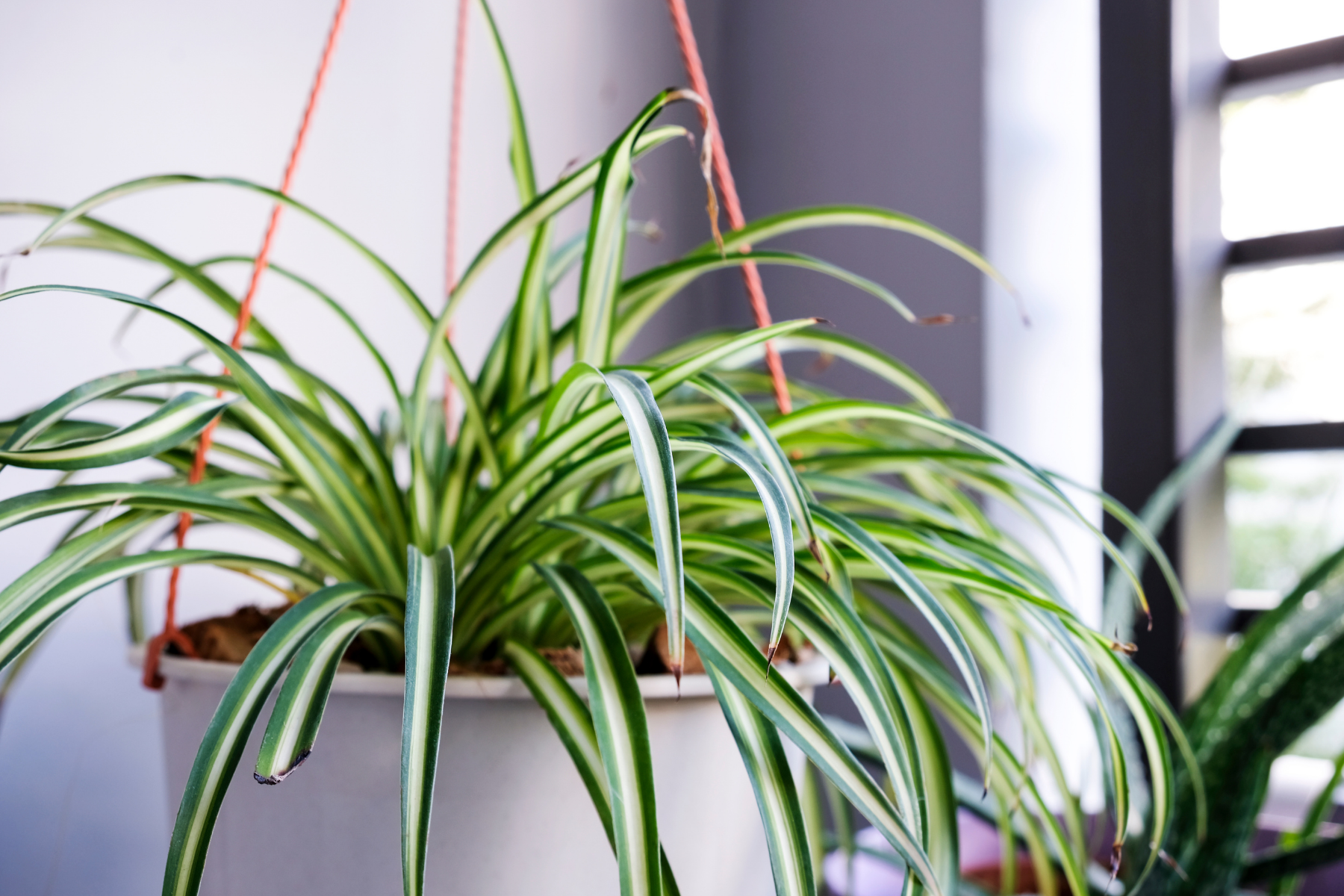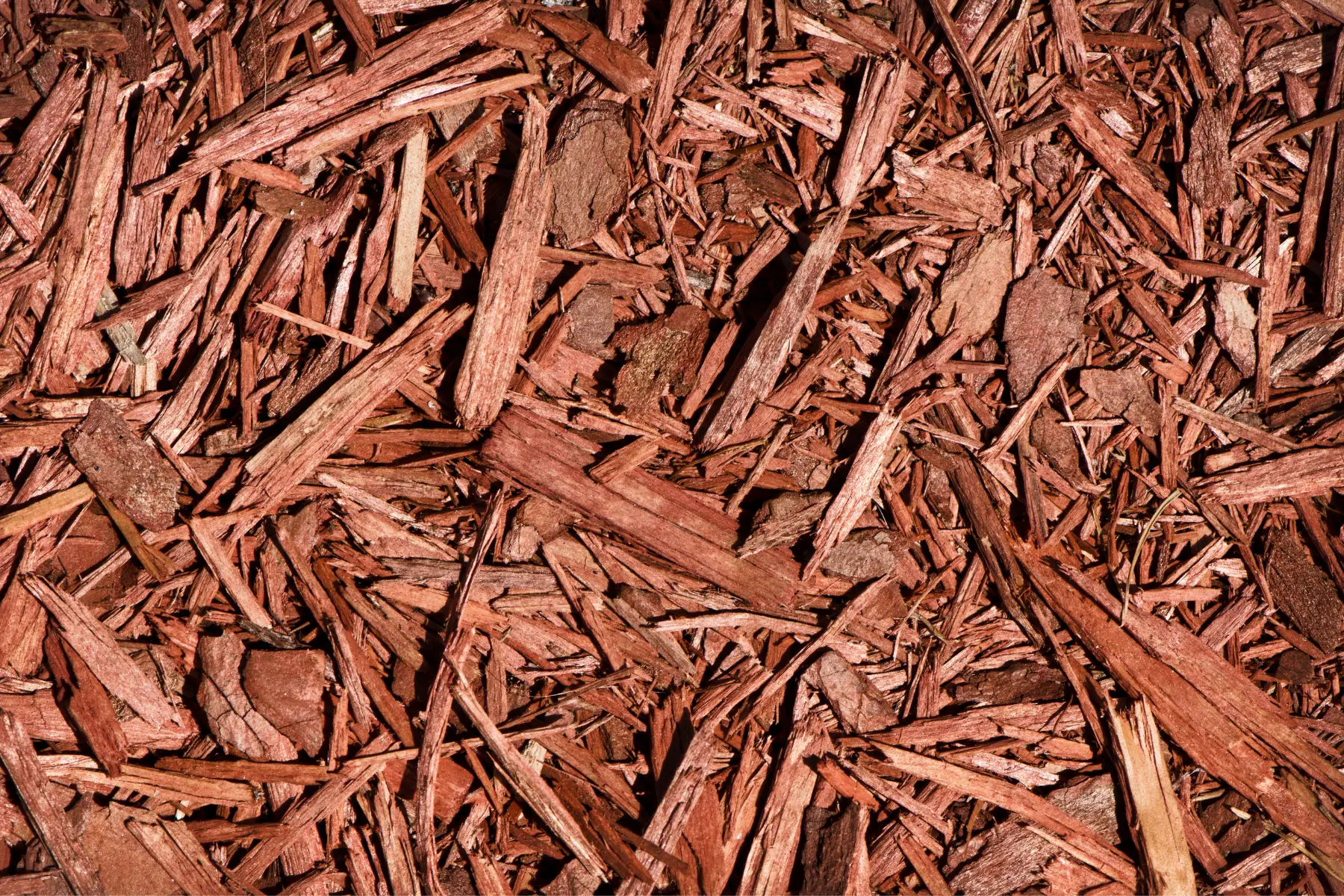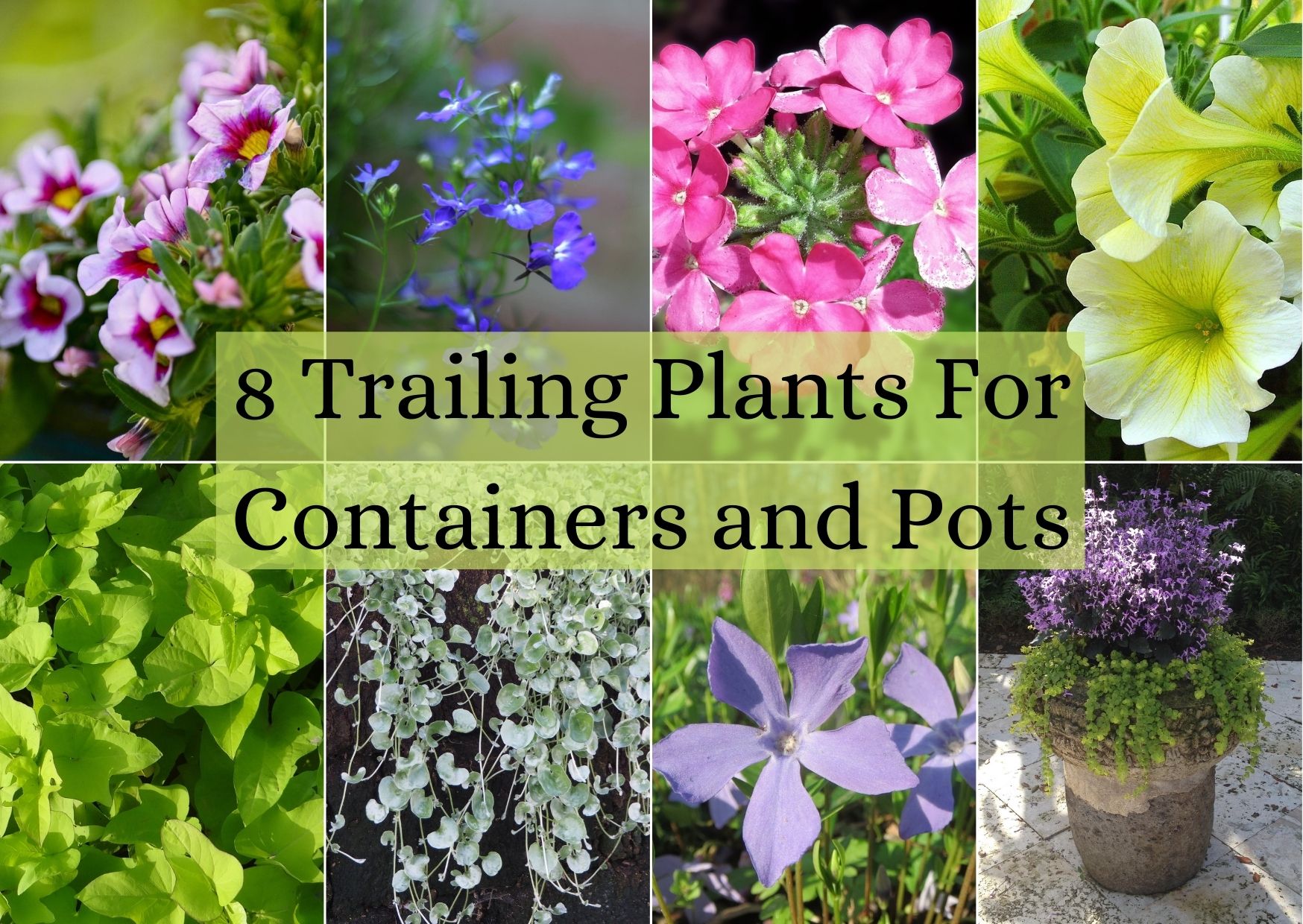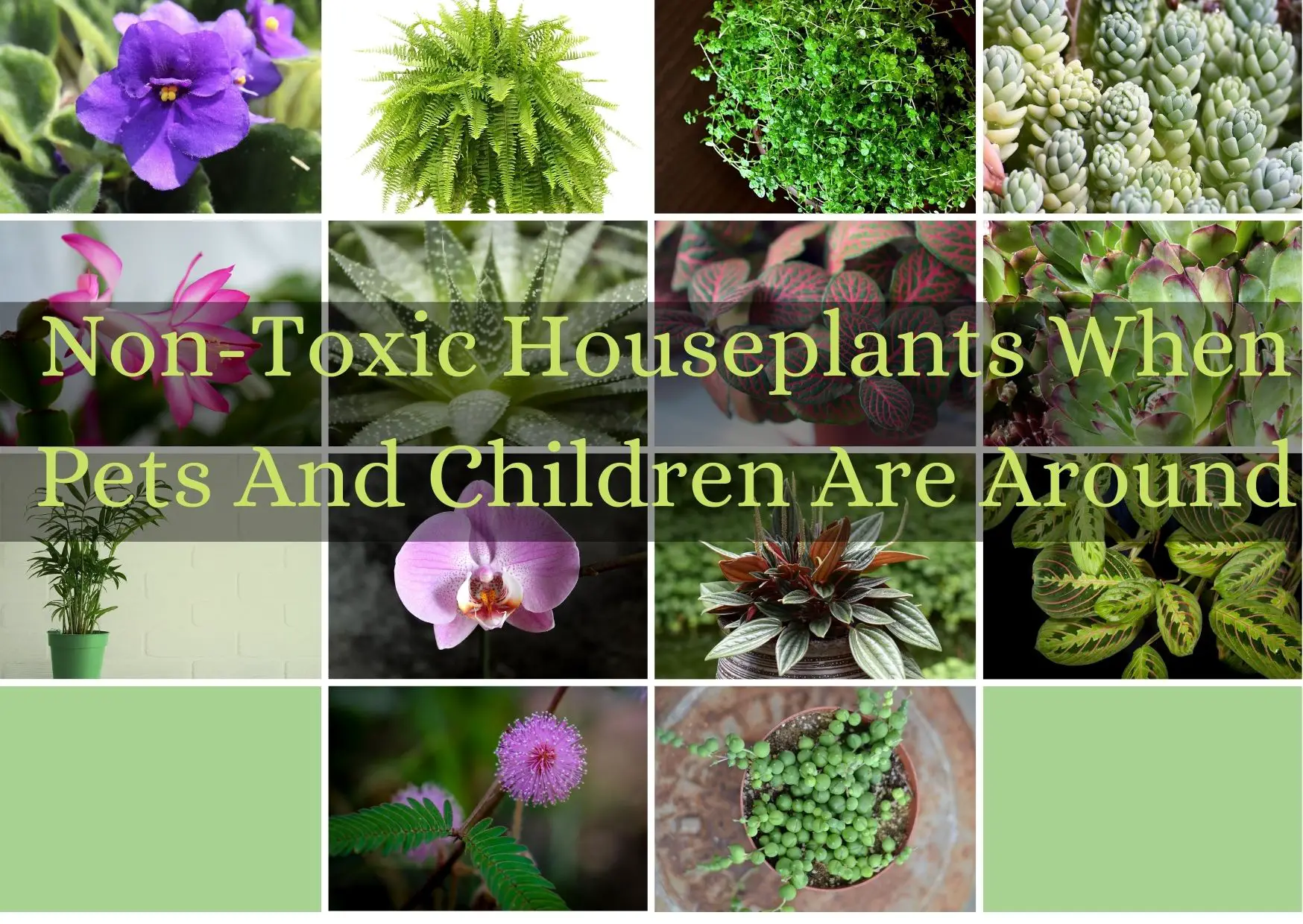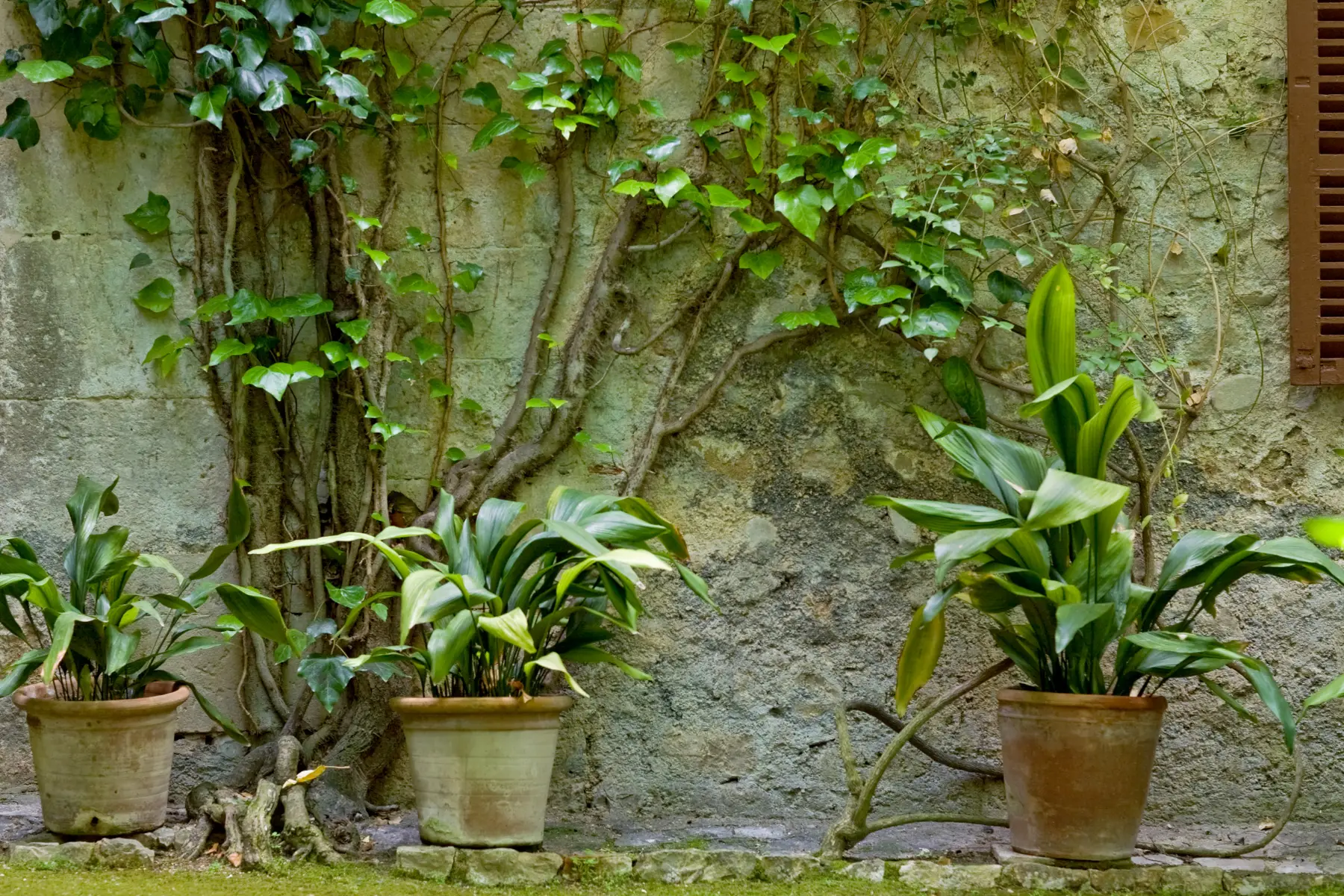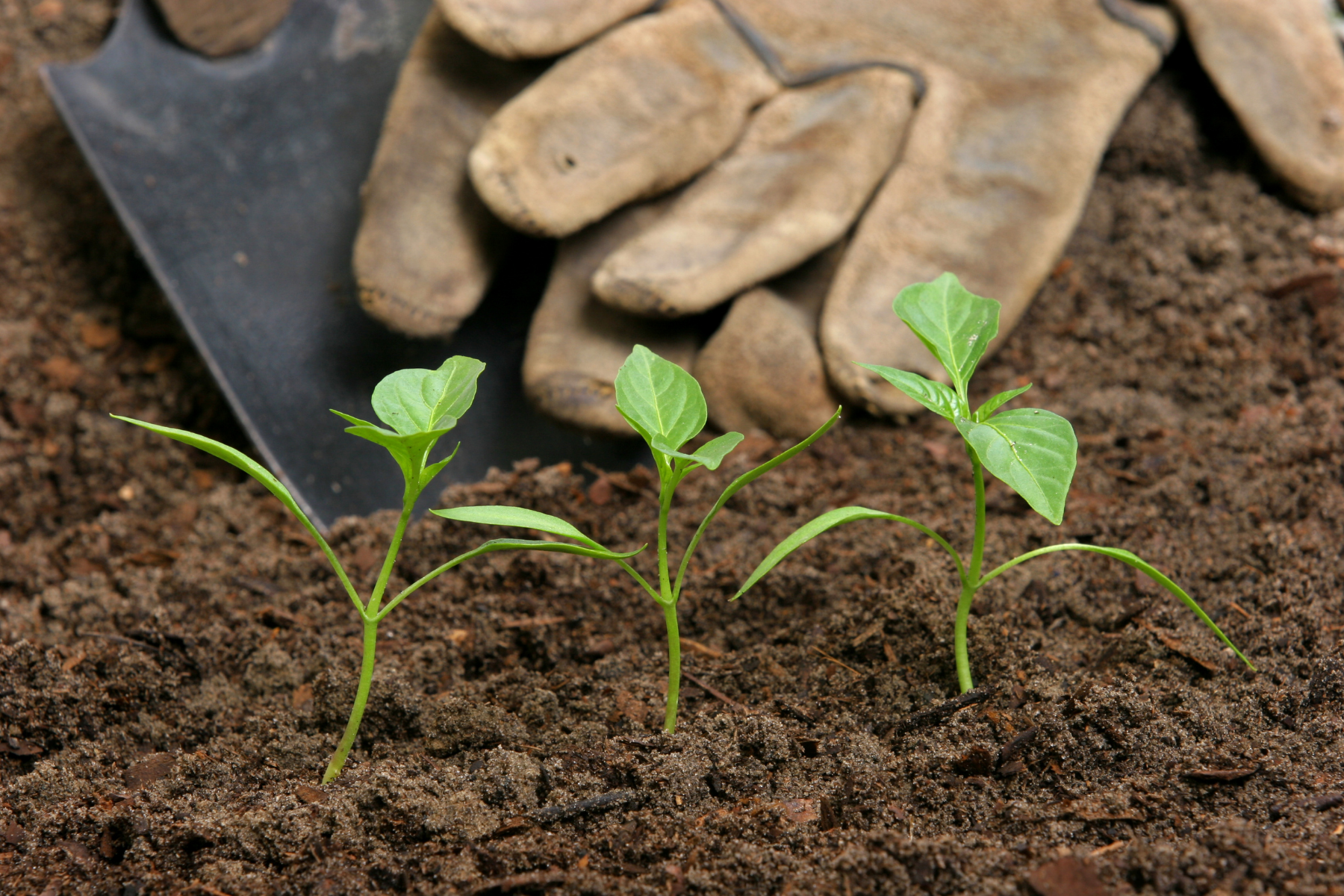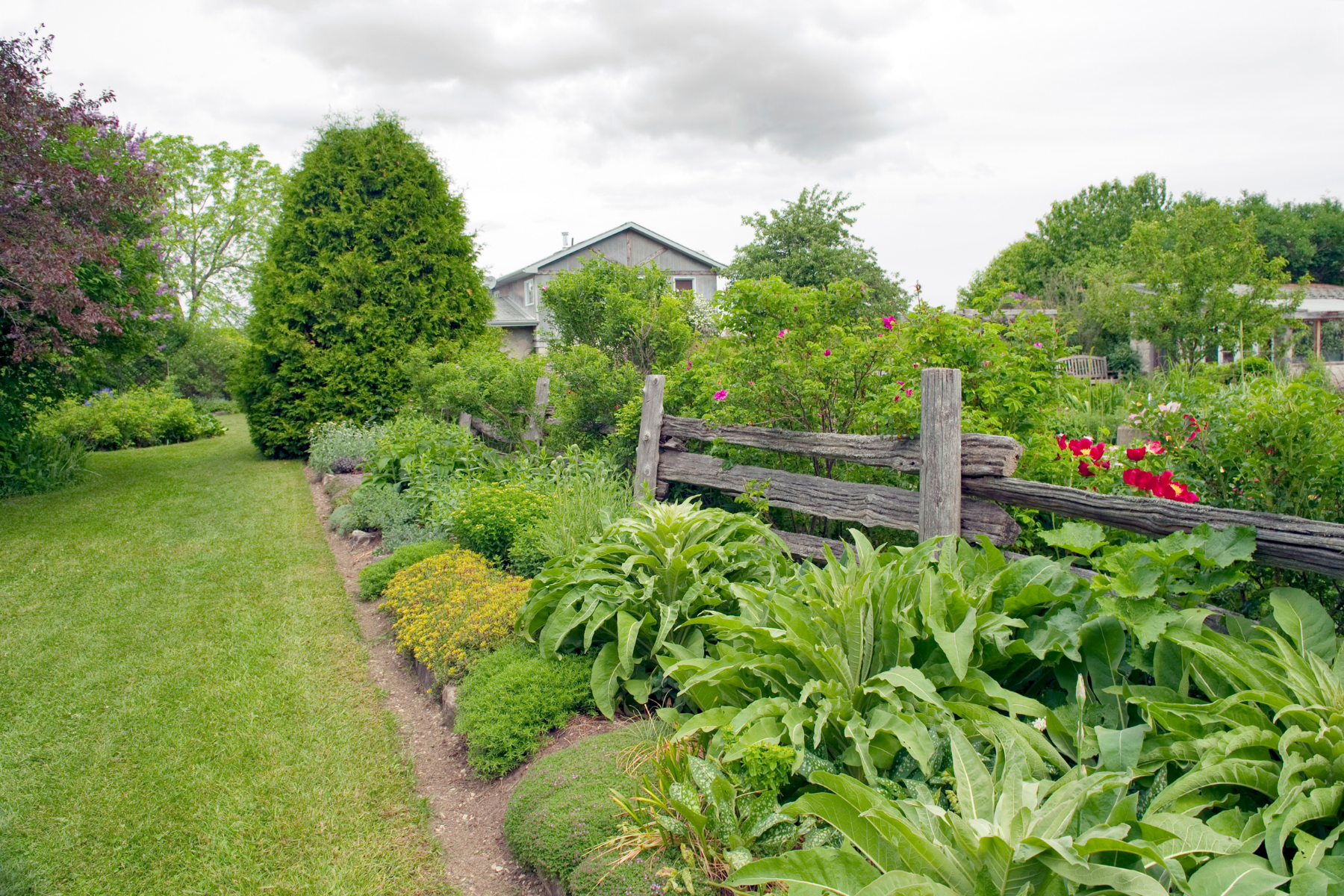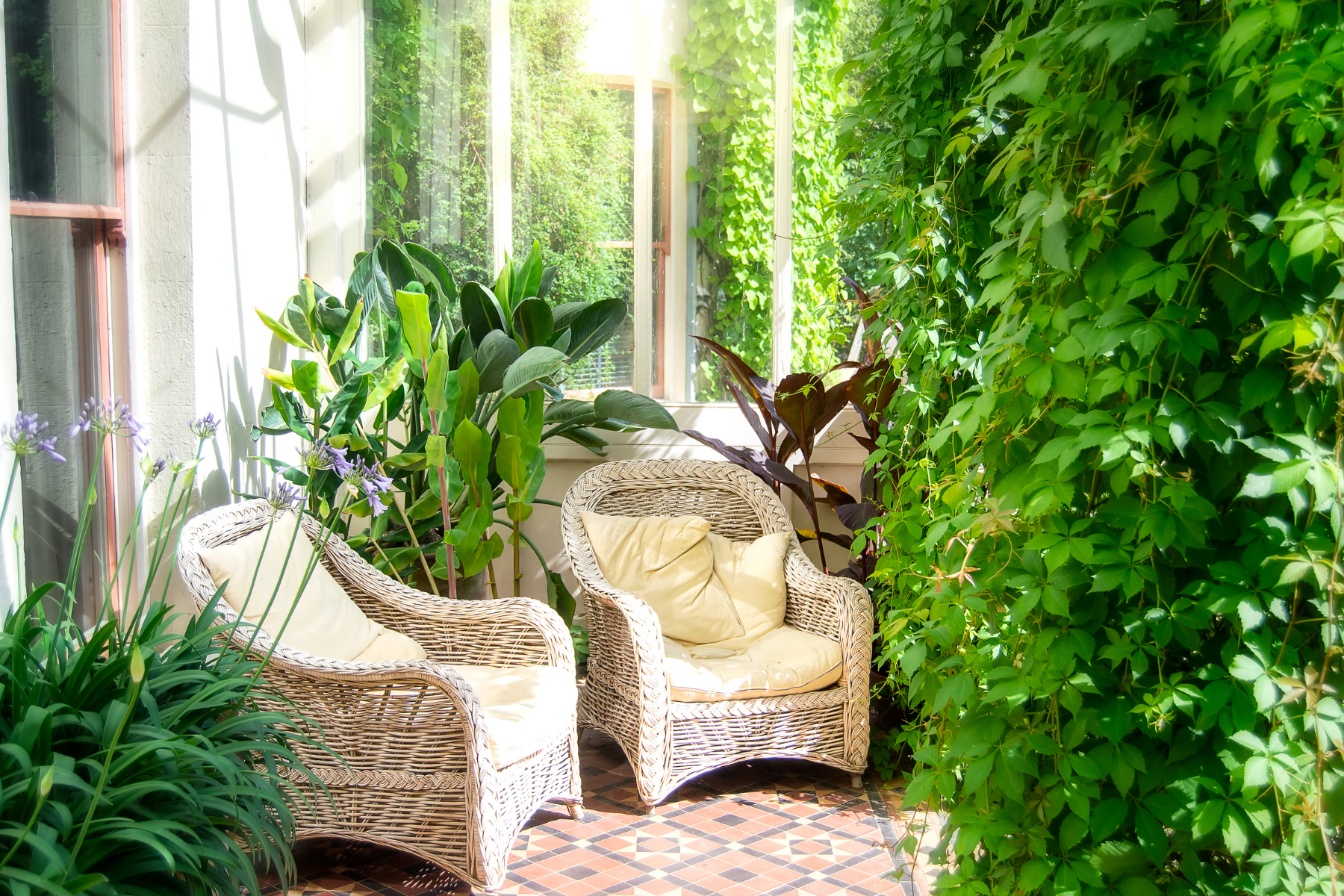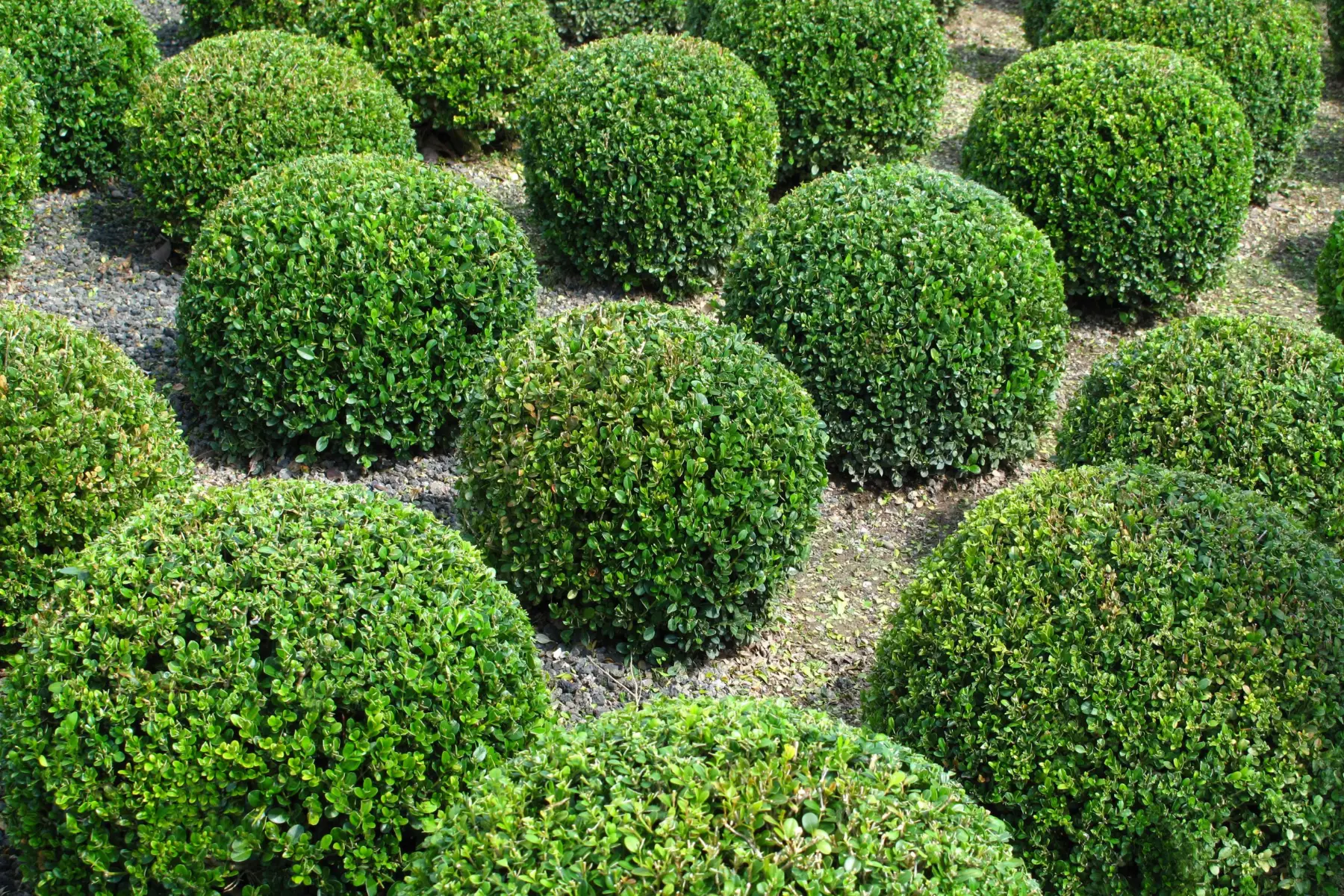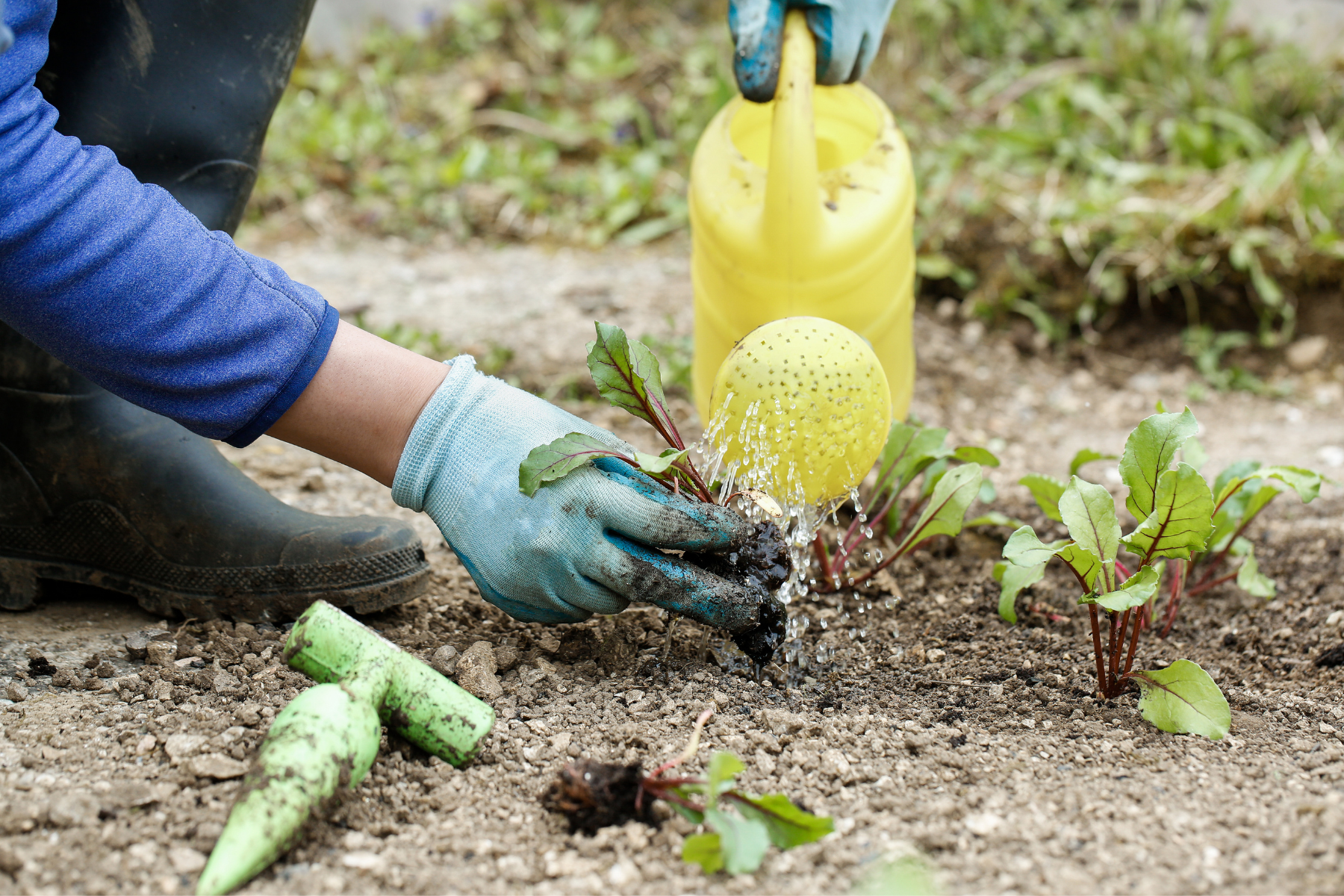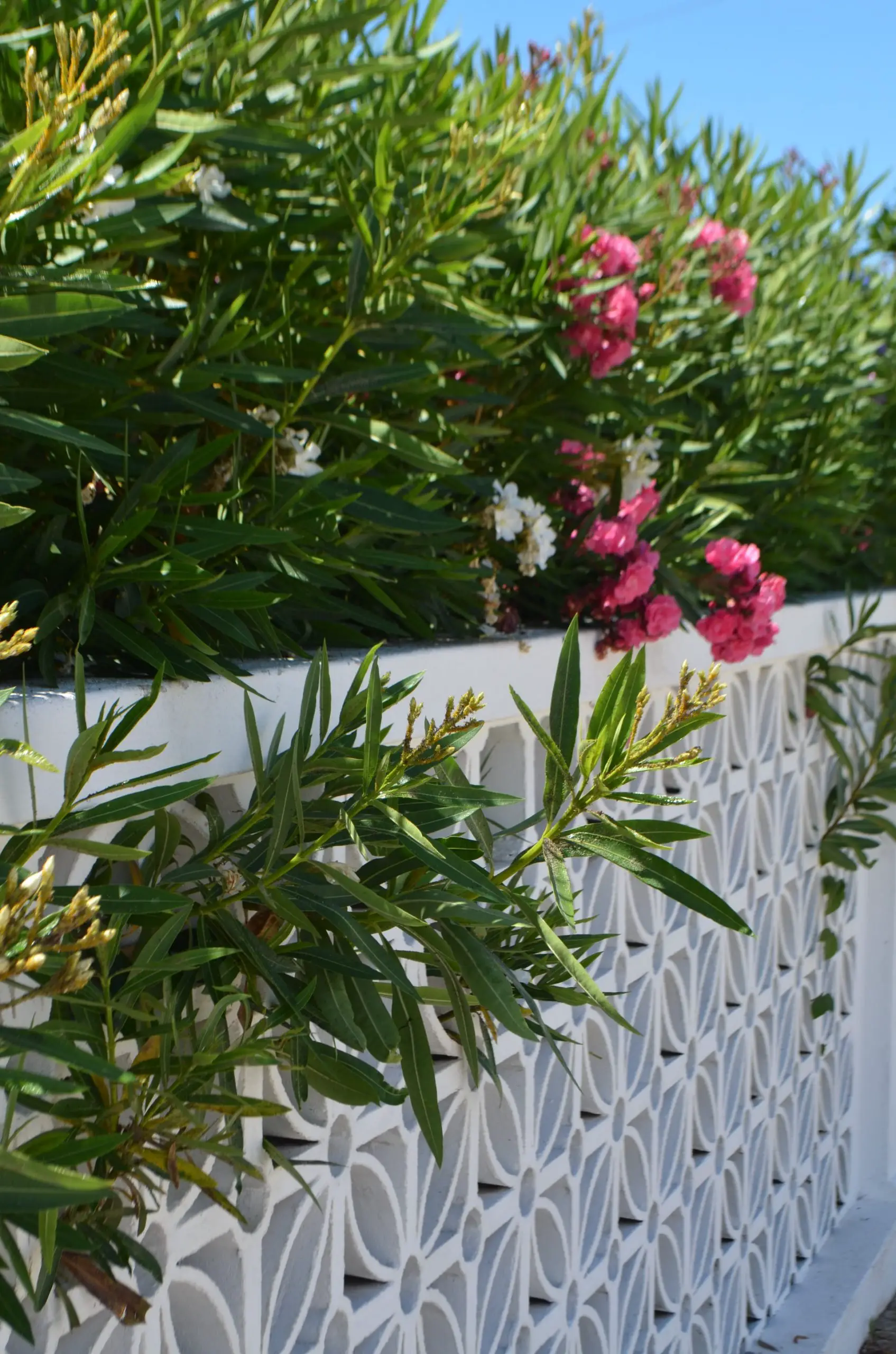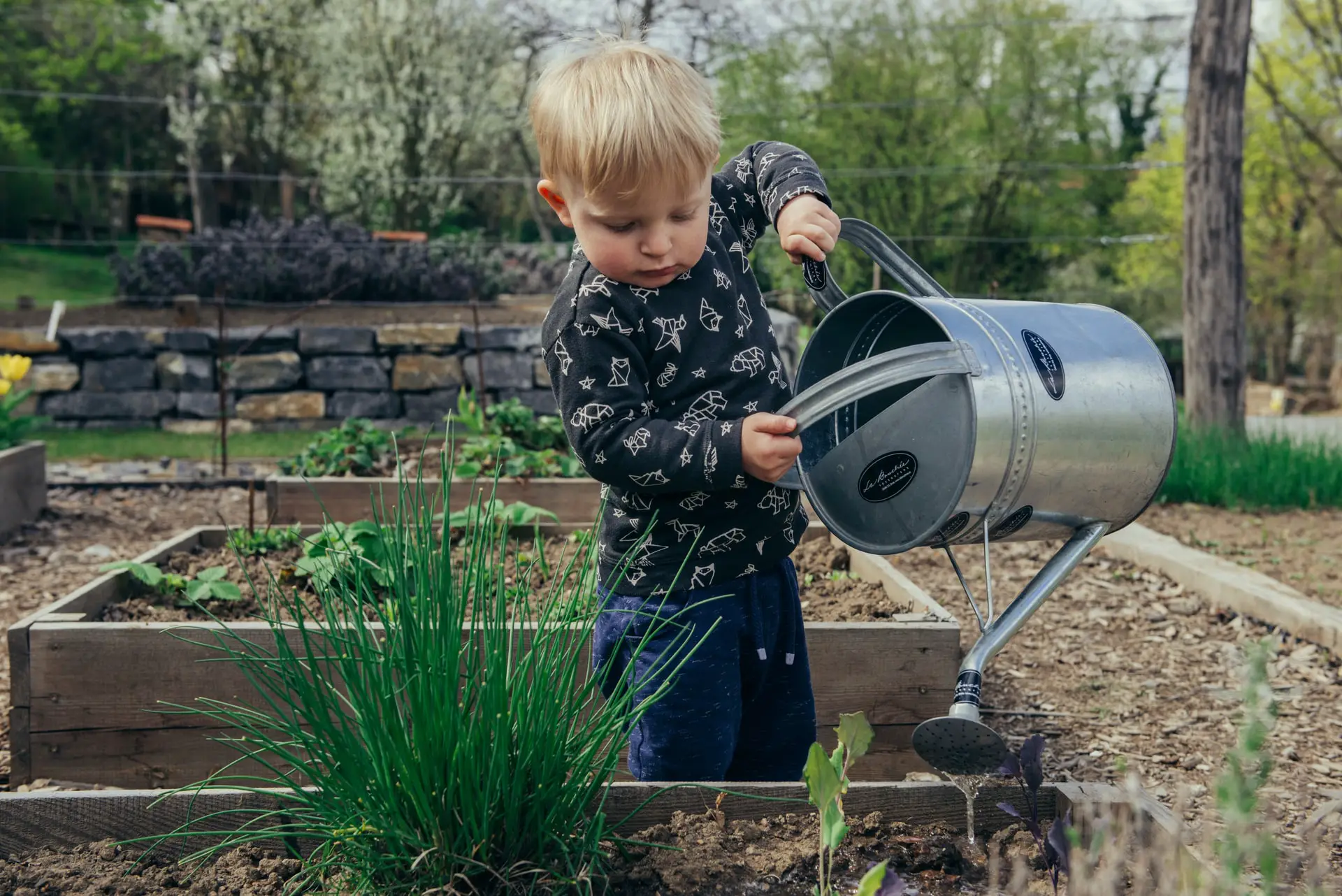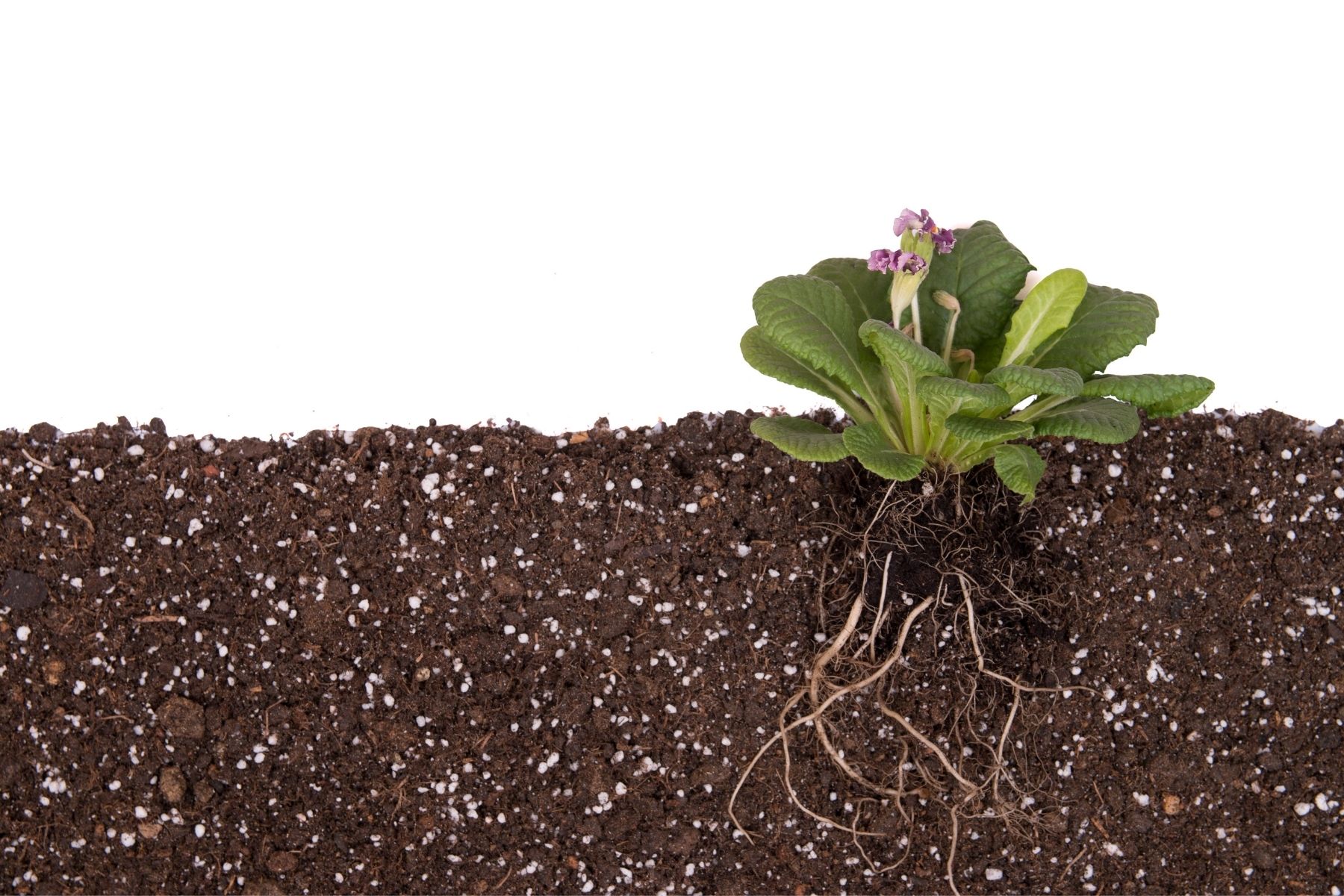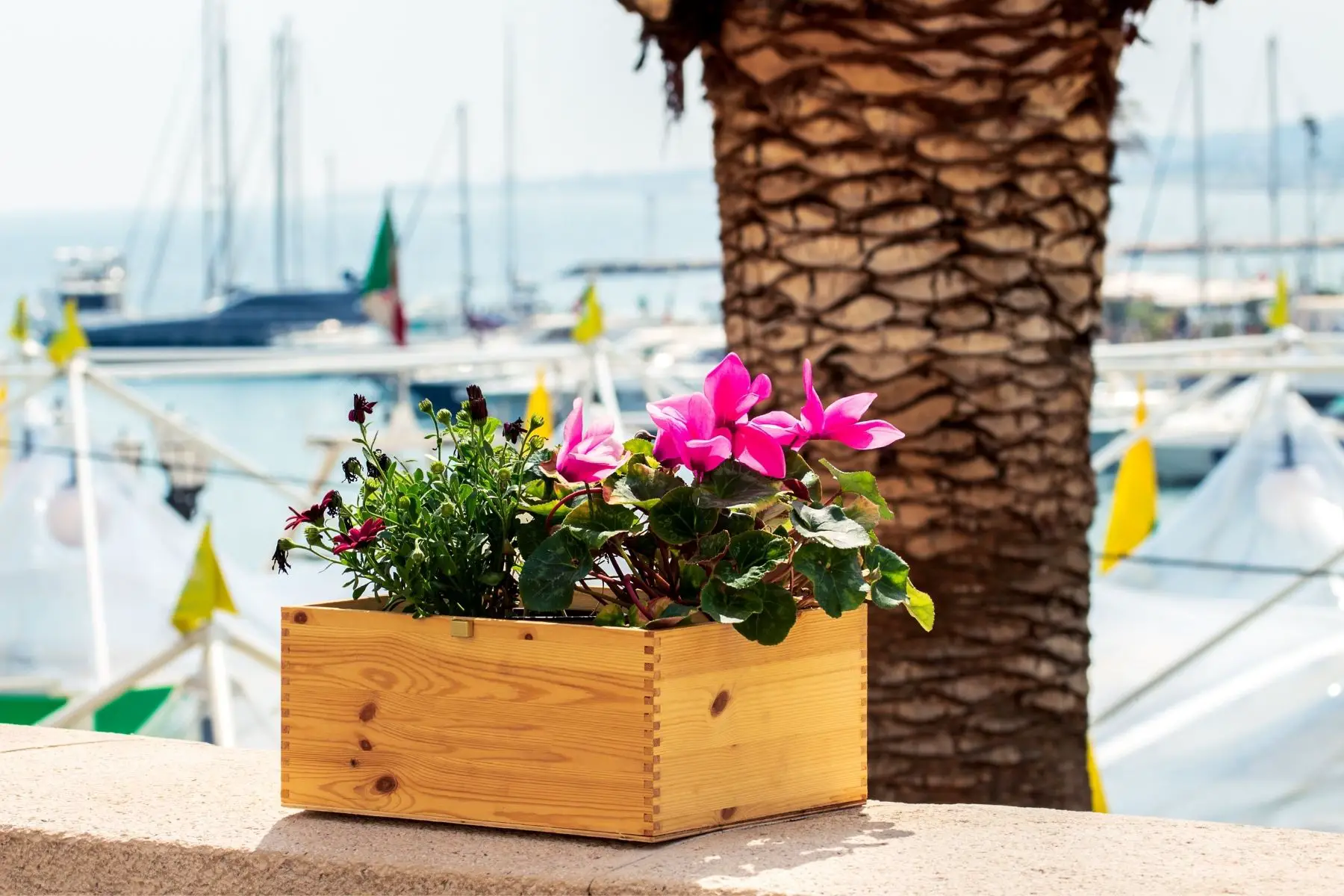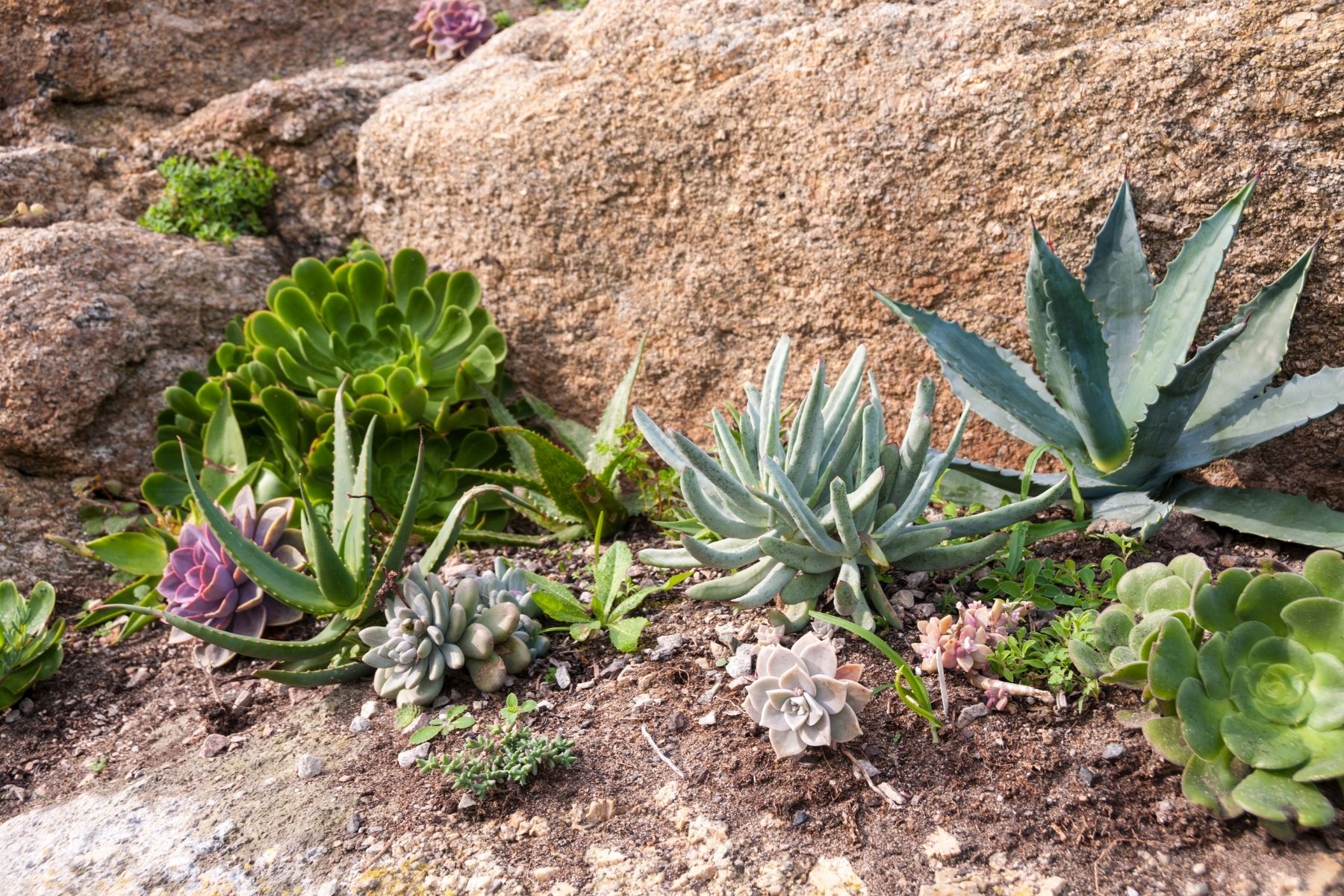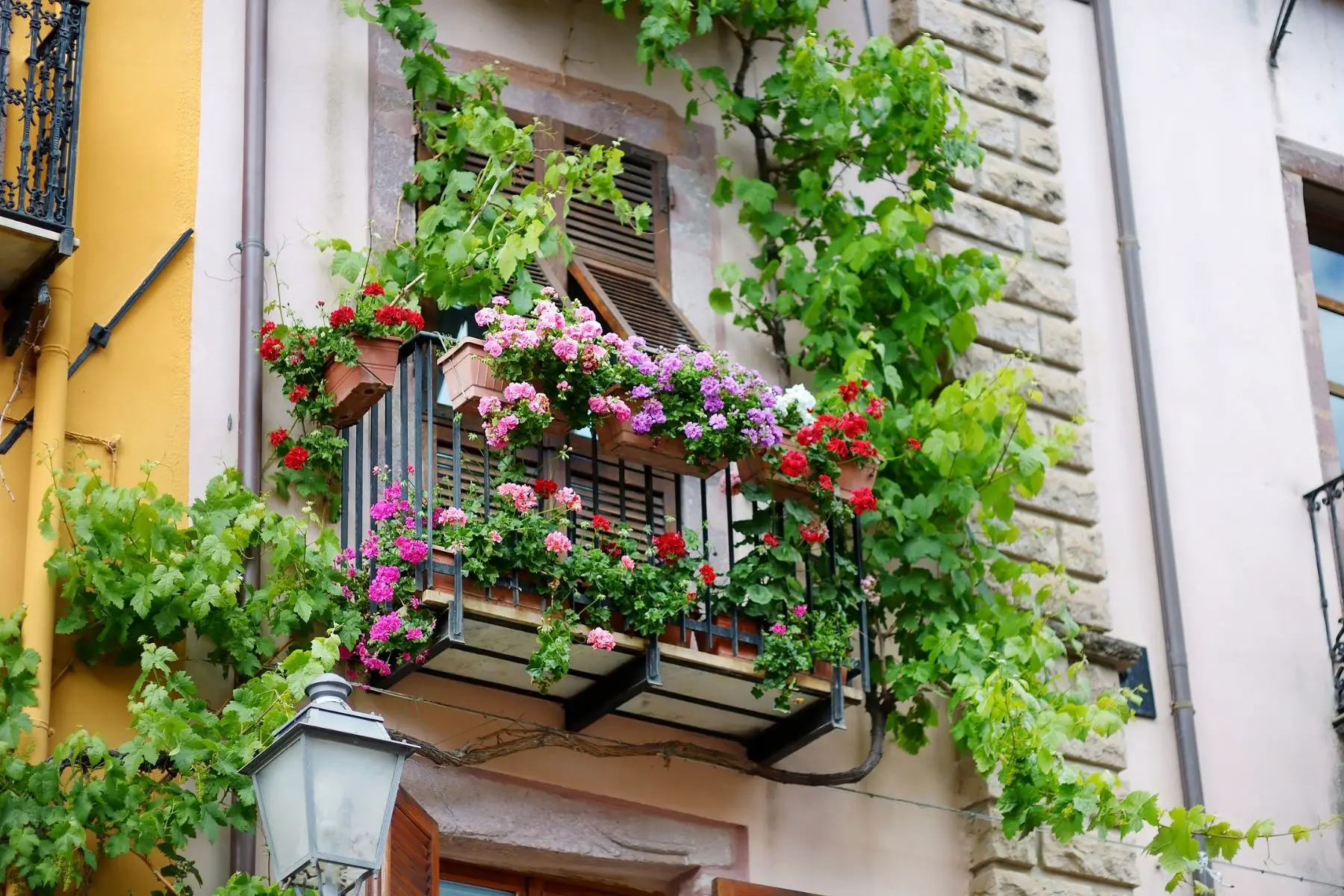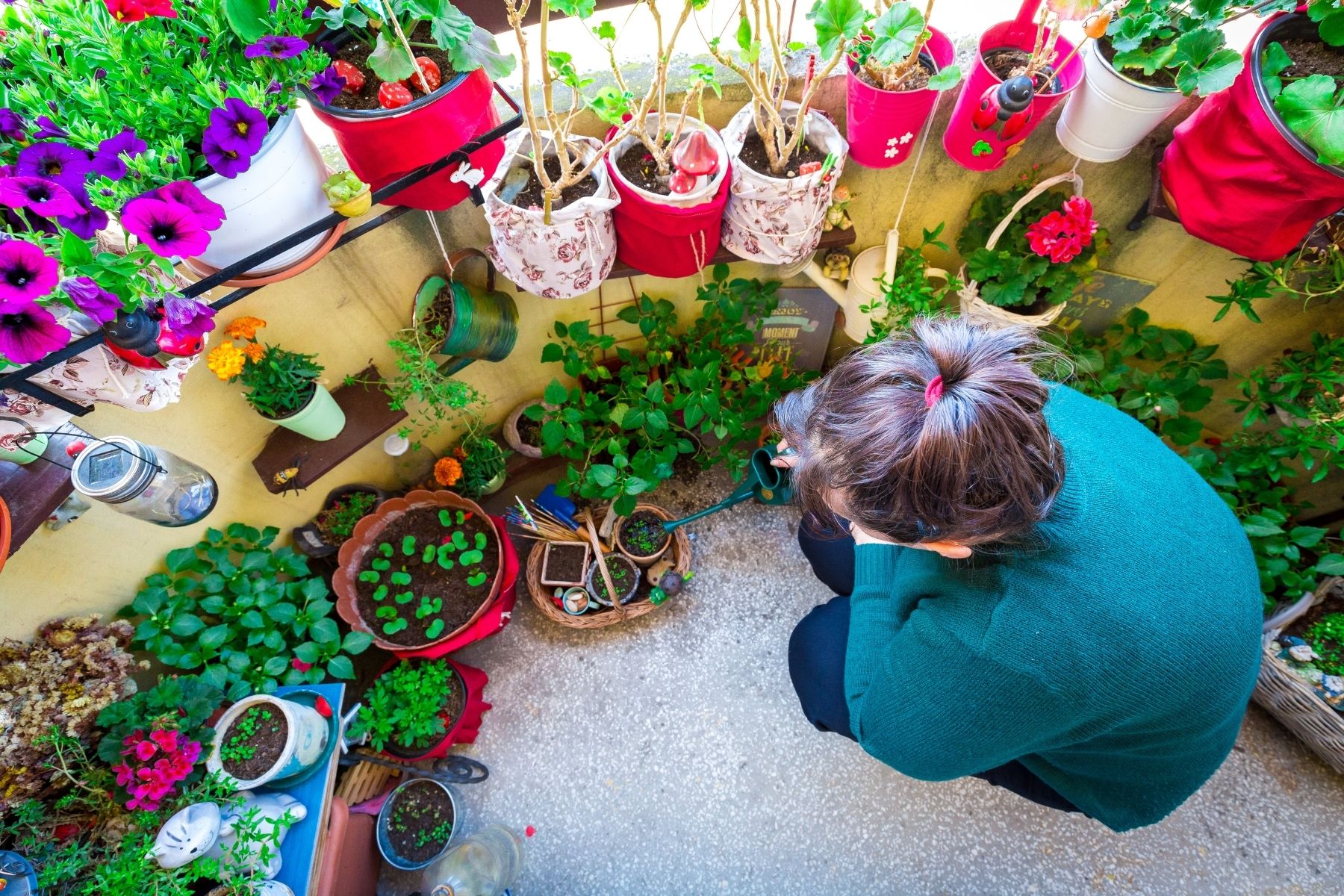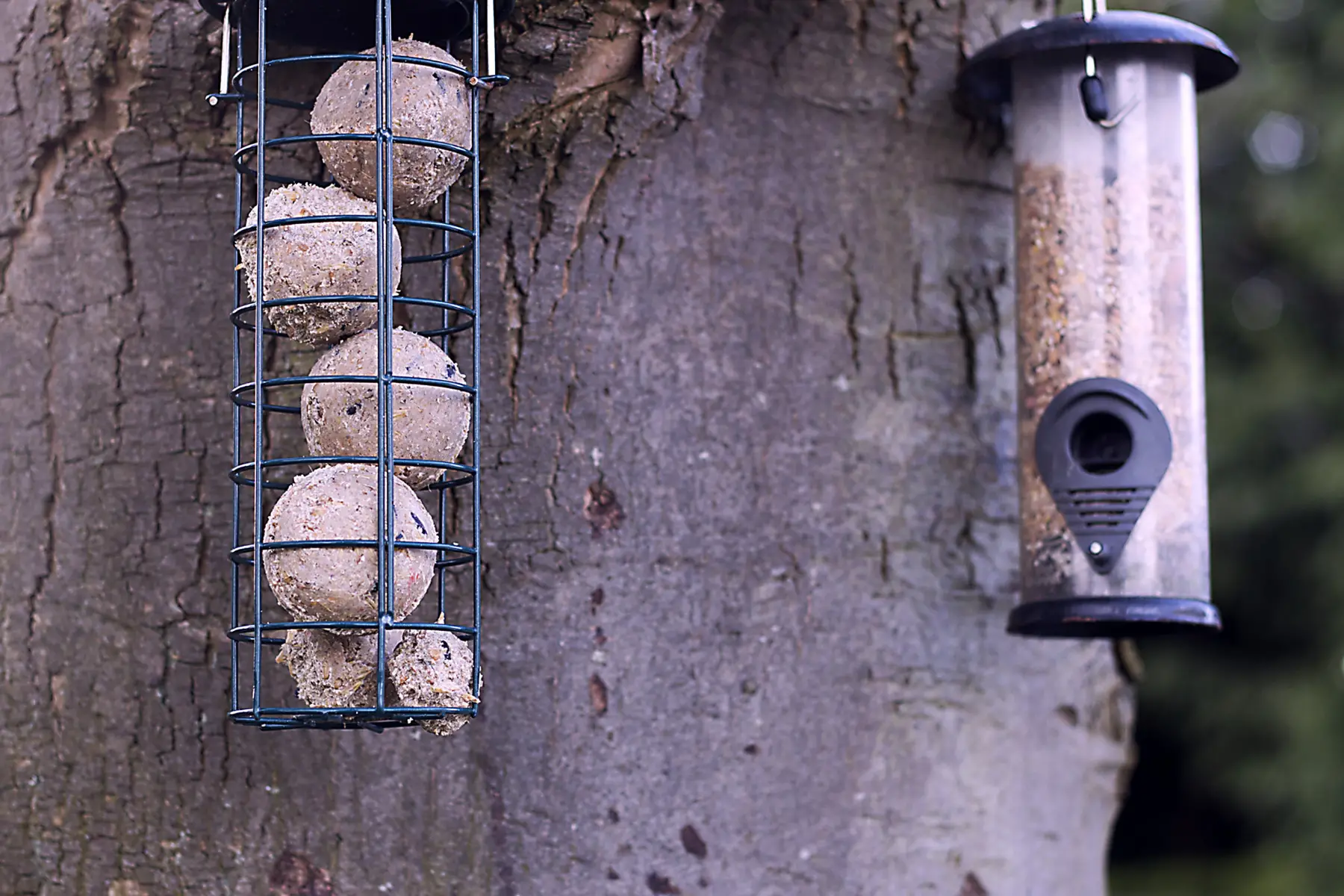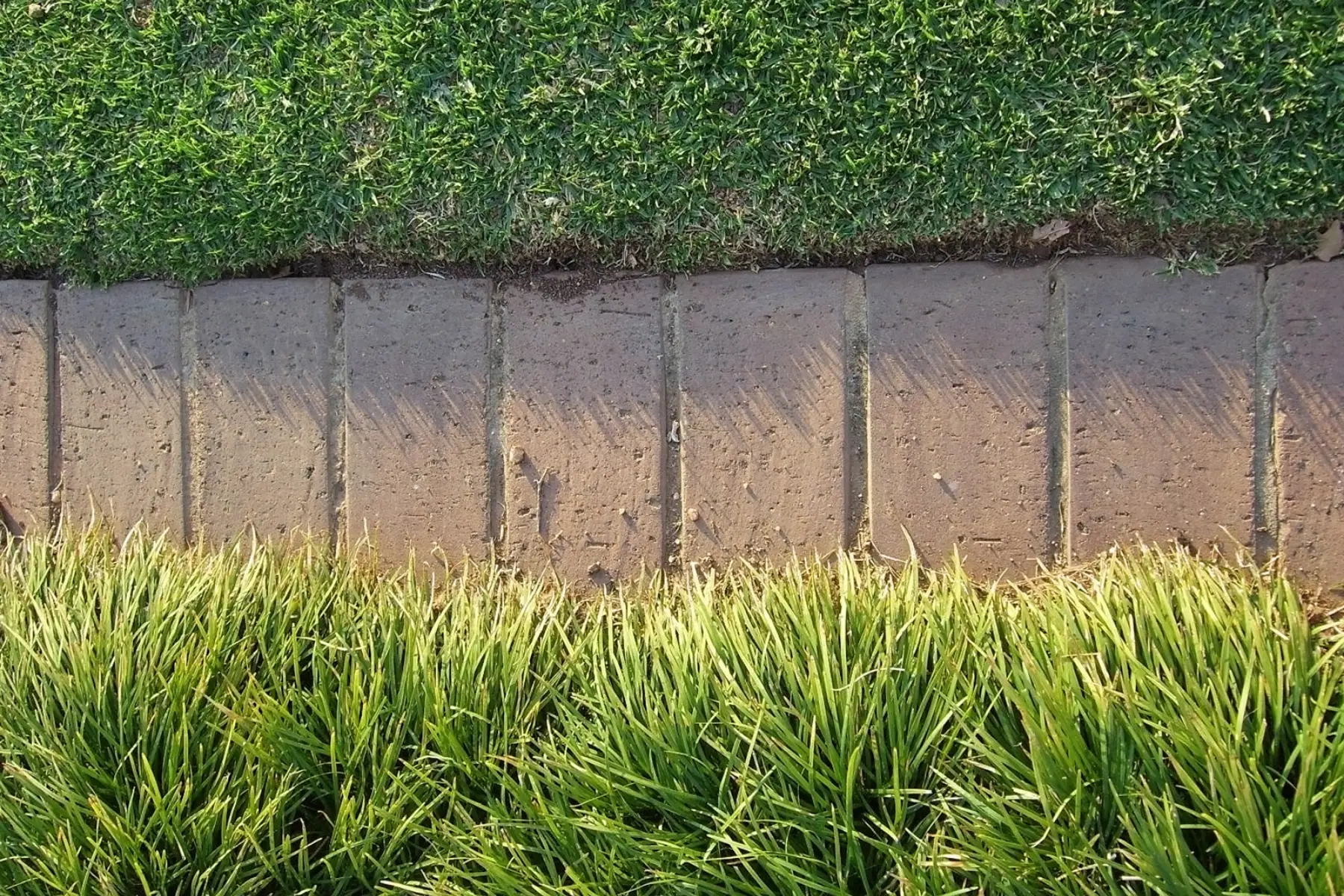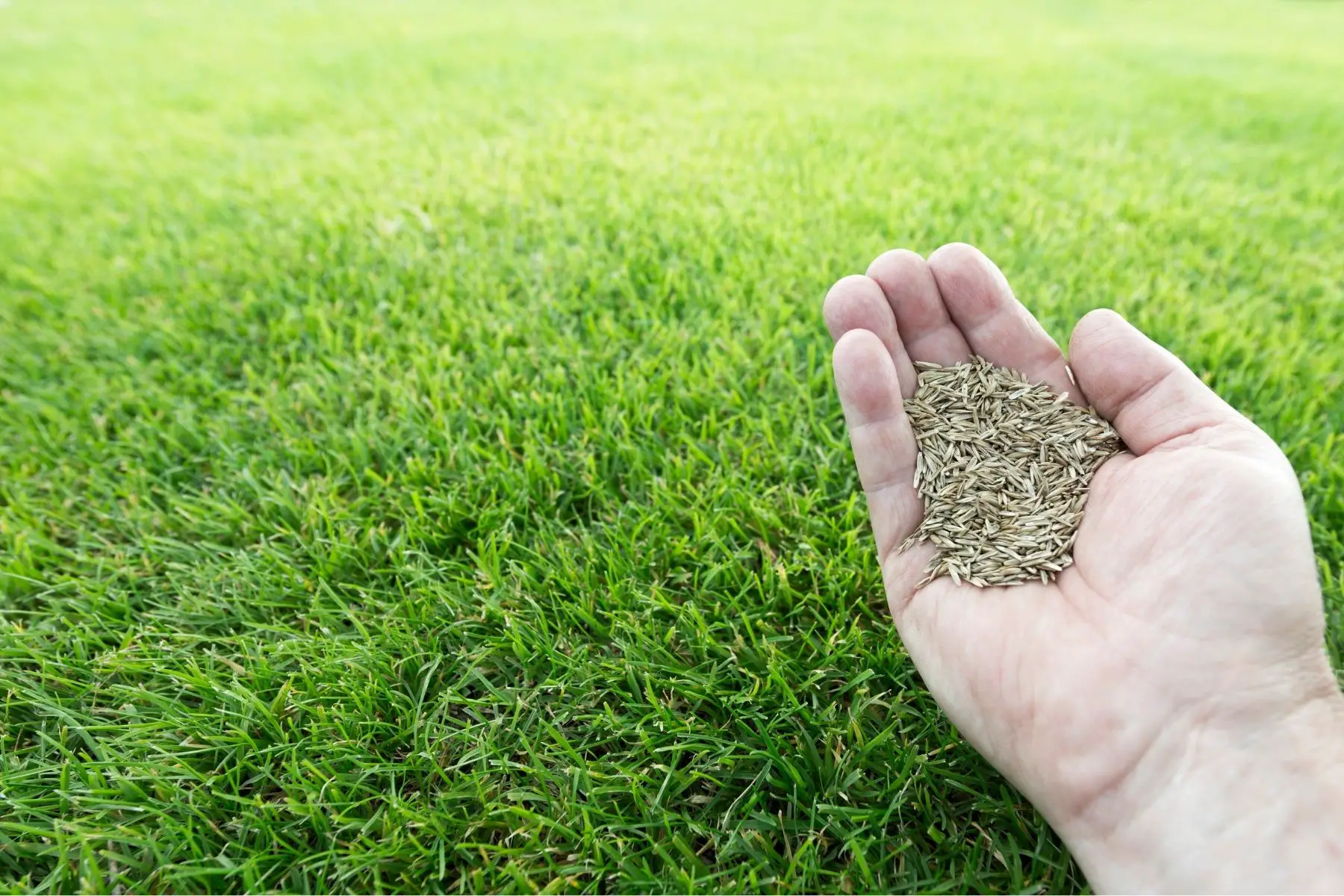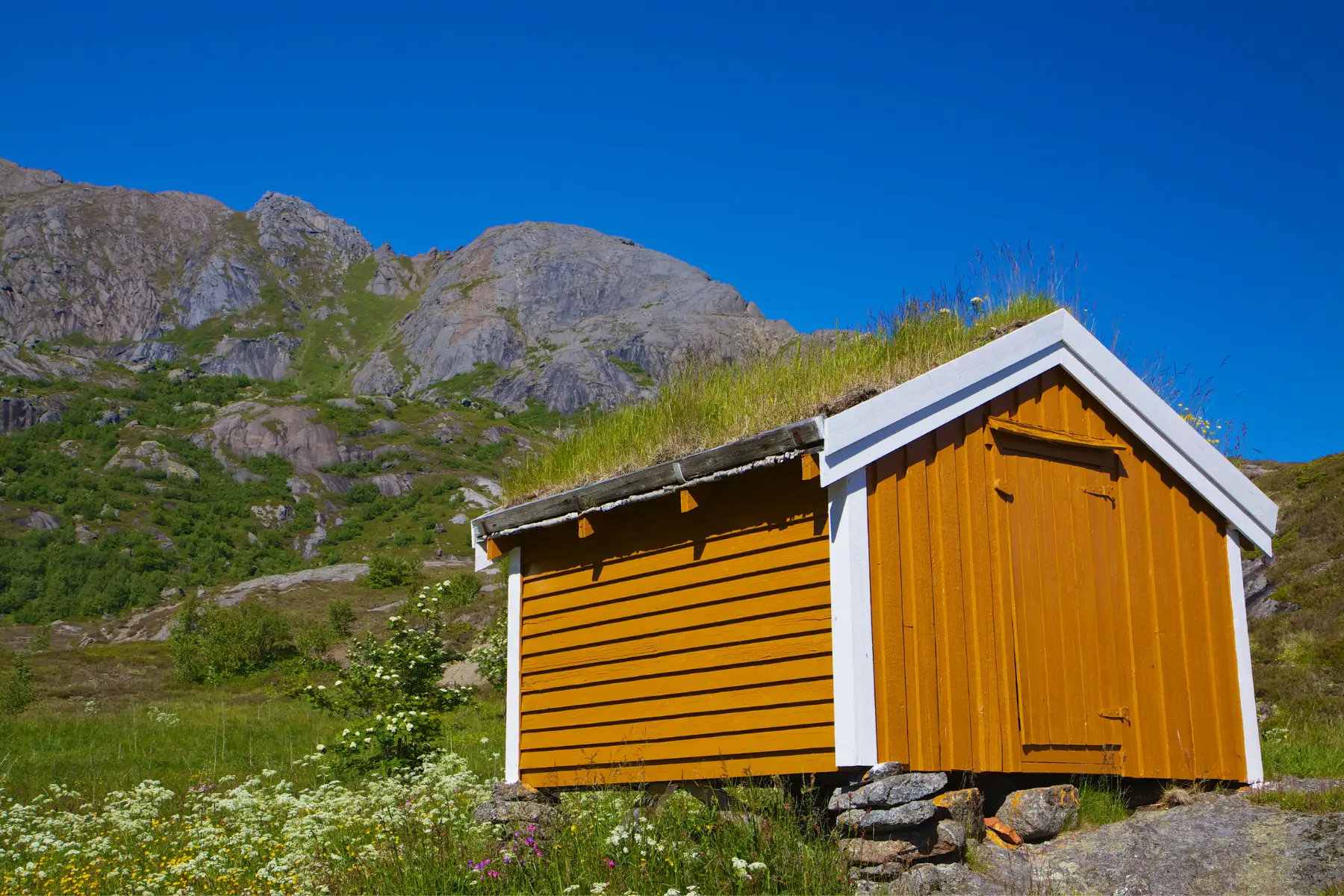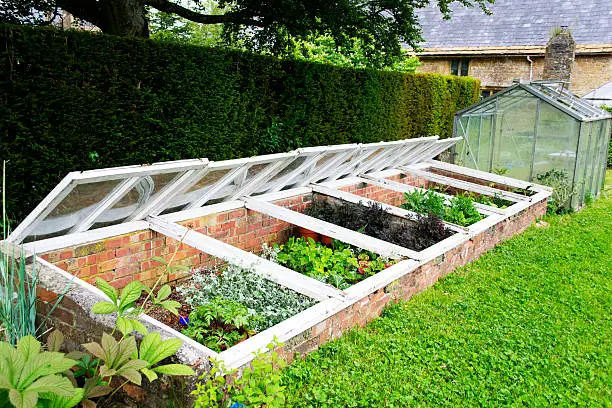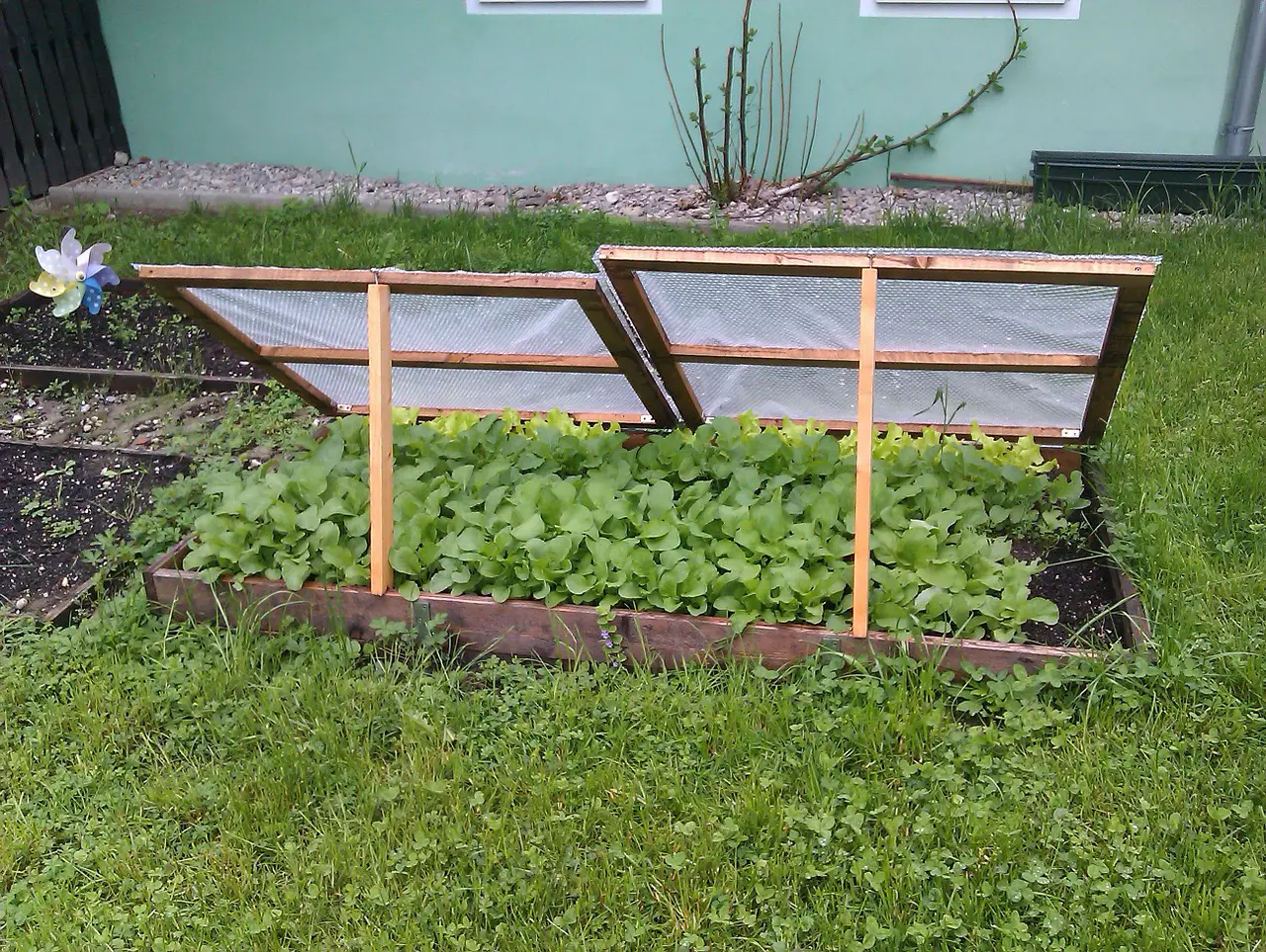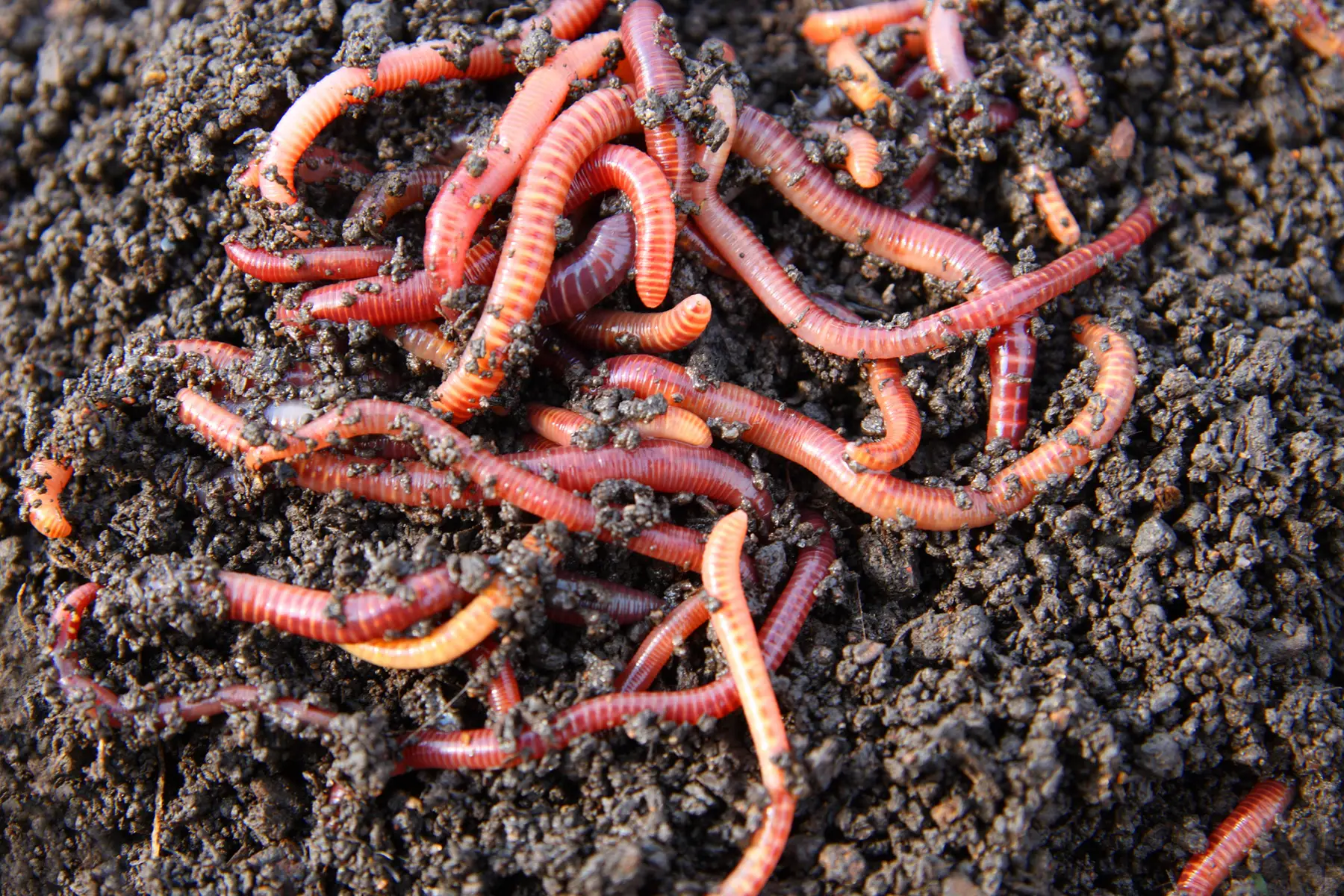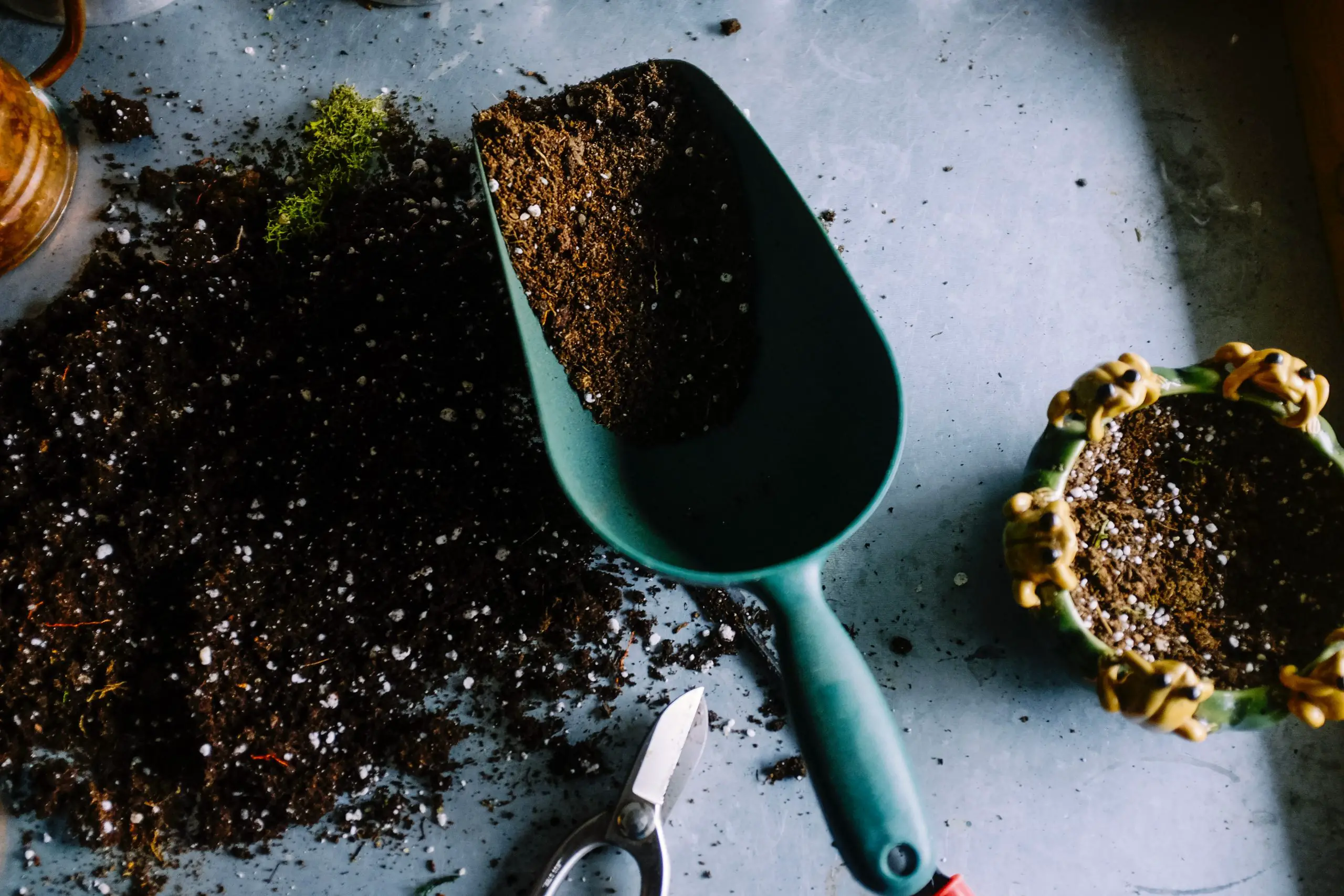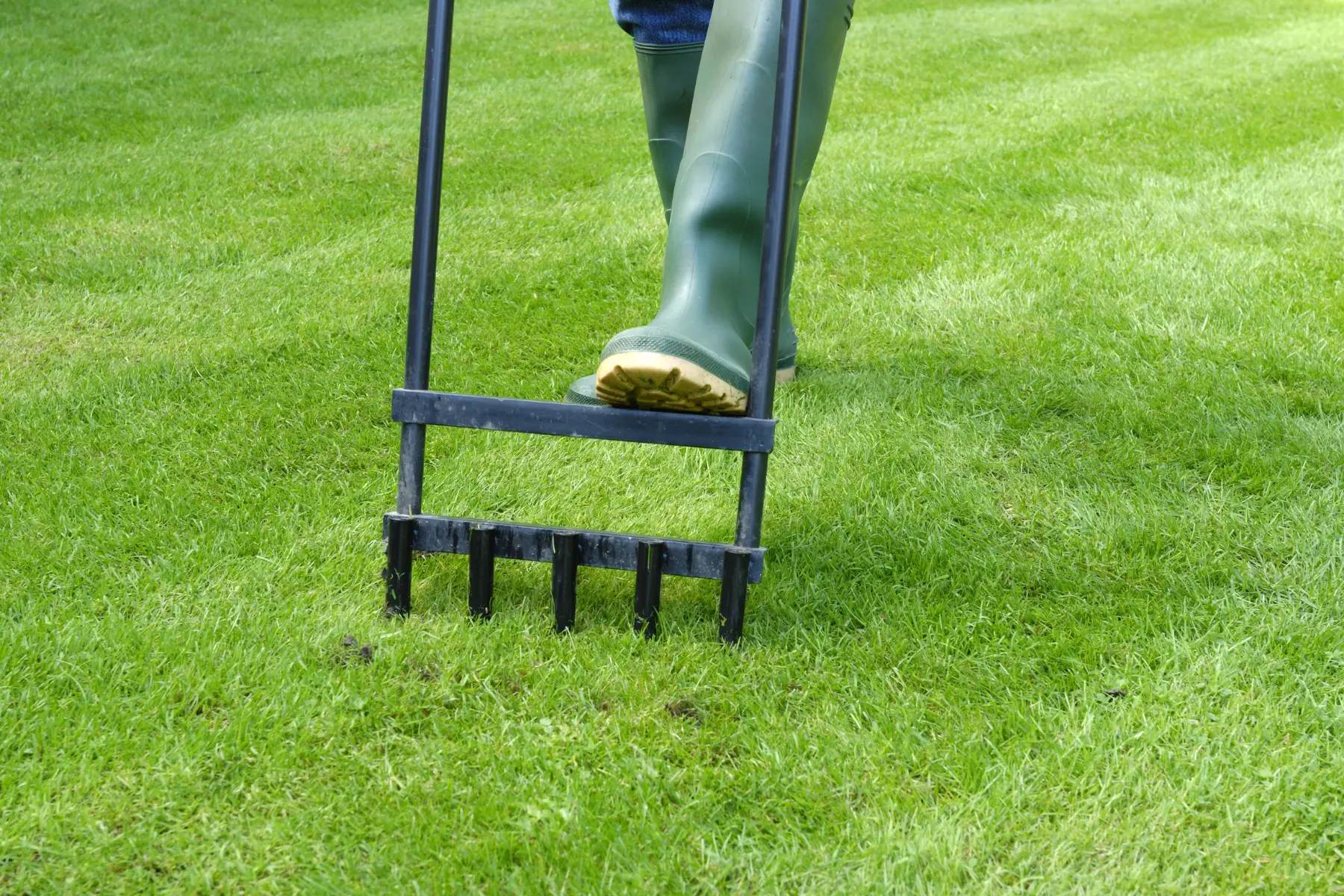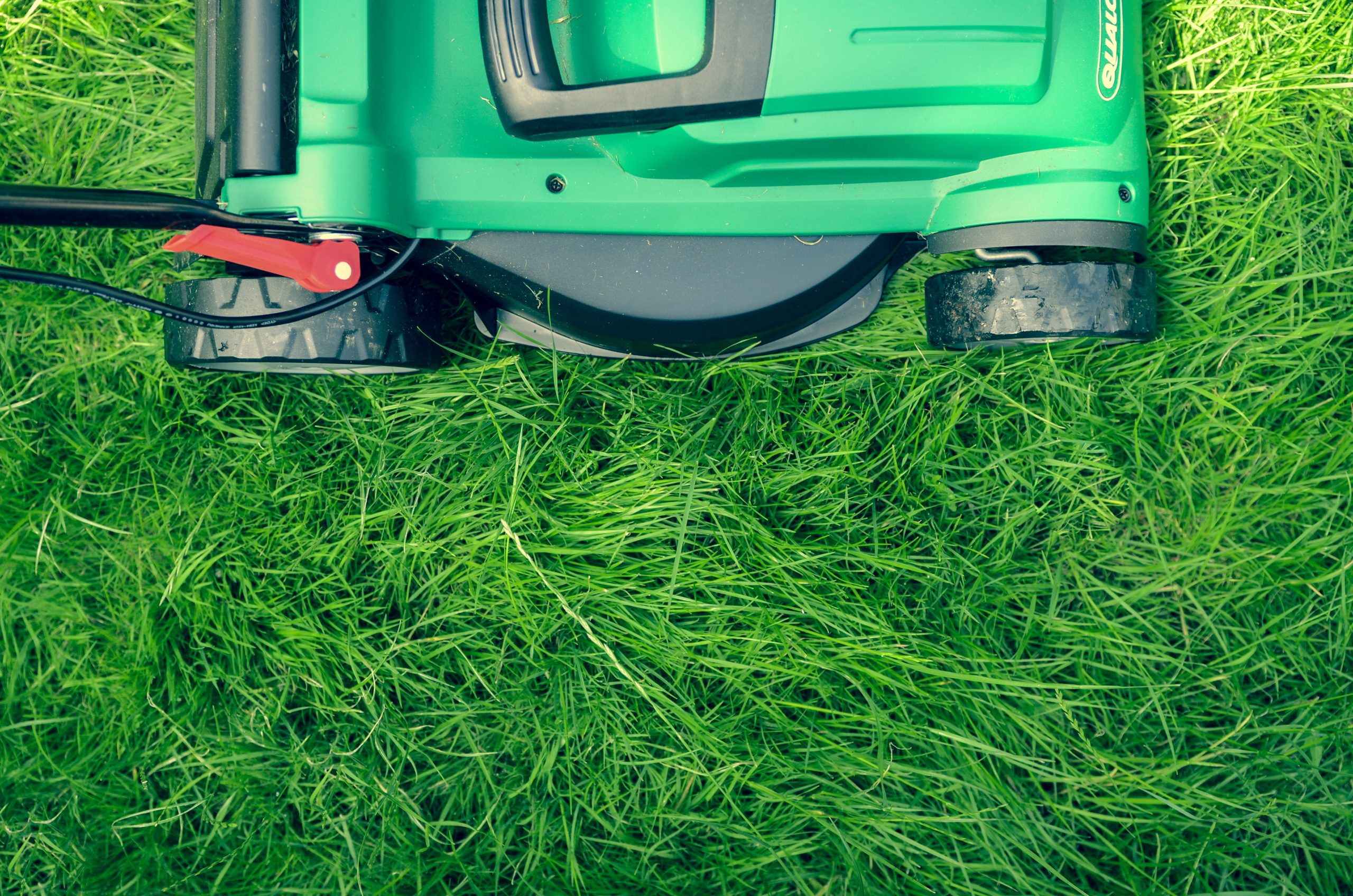Nothing compares to the joys of harvesting home-grown vegetables or watching in delight as our lovingly nurtured flowers begin to bloom. But, for all its pleasures, gardening can sometimes be frustrating and disheartening, particularly in the UK. Despite our best endeavours, the elements can be temperamental, the weather unpredictable, and successes scarce. Here are some tips to help you deal with some of the common problems we green-fingered Brits might encounter.
Too Much or Too Little Sunlight
Lack of sunlight or abundance of shade is a huge problem for many gardeners. One solution is to consider growing vertically. Hanging baskets, living walls, or trellises raise plants above the shady depths of ground beds and ensure they receive adequate sunlight. Pots or small raised beds on castors are another handy solution for gardens with limited sunlight, as they can be easily moved around the garden to follow the sun’s trajectory as it shifts throughout the season.
Gardens which are oversaturated with sun can be equally damaging to plants, causing droughts and leaf scorch. Fortunately, there are many creative ways to introduce shade to an otherwise overexposed garden. Positioned correctly, architectural elements like panelling or partitions will provide shade whilst creating distinct zones and interesting features within your garden. Canopies or pergolas also provide shade for sun-shy plants, whilst doubling as frames for sun-loving climbers such as Jasmine, Wisteria, or even Grapevines!
Waterlogged Soil
British weather sometimes seems like a perpetual cycle of rain and drizzle. All this excess moisture can make gardening a drag, especially if you have dense clay soil that is prone to becoming waterlogged. You can alleviate this by adding drainage material such as pebbles to your soil or digging drainage channels around the beds, but this is labour intensive and time-consuming. Regular digging and forking can also help to loosen and aerate particularly dense soil, but this will require frequent effort. A more easily maintainable solution is to use wooden garden planters that will lift the growing area safely above any waterlogged ground or dense soil and will prevent standing water from damaging your plants during periods of heavy rainfall.
Poor Quality Soil
Poor quality soil can make gardening very difficult. Particularly in urban areas, soil can lack the essential nutrients necessary for our plants to flourish. You can improve the quality of your existing soil by regularly adding fertiliser, organic matter, or mulch to create a more productive growing environment, but it can take years to achieve truly fertile soil. Another solution is to install raised beds filled with high-quality compost, soil, and fertiliser. The raised beds will contain the nutrients for longer and maintain the soil quality with minimal upkeep.
Temperature issues
For those of us who live in colder areas, gardening can be tricky. Of course, the most effective solution to growing in colder climates is to install a greenhouse, but these can be large and costly and require a fair deal of effort to both erect and maintain. If you lack the space or budget for a greenhouse, raised beds offer a great alternative. Not only do they insulate the soil, maintaining warmth to extend the growing season, but they can also be adapted to create miniature poly-tunnels. Installing a series of plastic-covered hoops along the bed creates a microclimate that mimics a greenhouse at a fraction of the cost, and protects plants from frost or harsh weather.

